In this blog post, I take you on a journey into the heart of Phang Nga Bay, a vast Ramsar marine reserve smattered with the last of a handful of unspoilt Thai islands and deserted lagoons claimed by wild monkeys, bats and lizards. As the world settles for New Normal and Thailand prepares to reopen, it is imperative to be sensitive to the fragile marine environment and travel responsibly. I focus on an unchartered territory of Thailand, Phang Nga province. Way more than a day trip from Phuket, Phang Nga Bay offers a plethora of adventure activities as well as an opportunity to relax by the azure coastline.
For more content related to Thailand travel, read here!
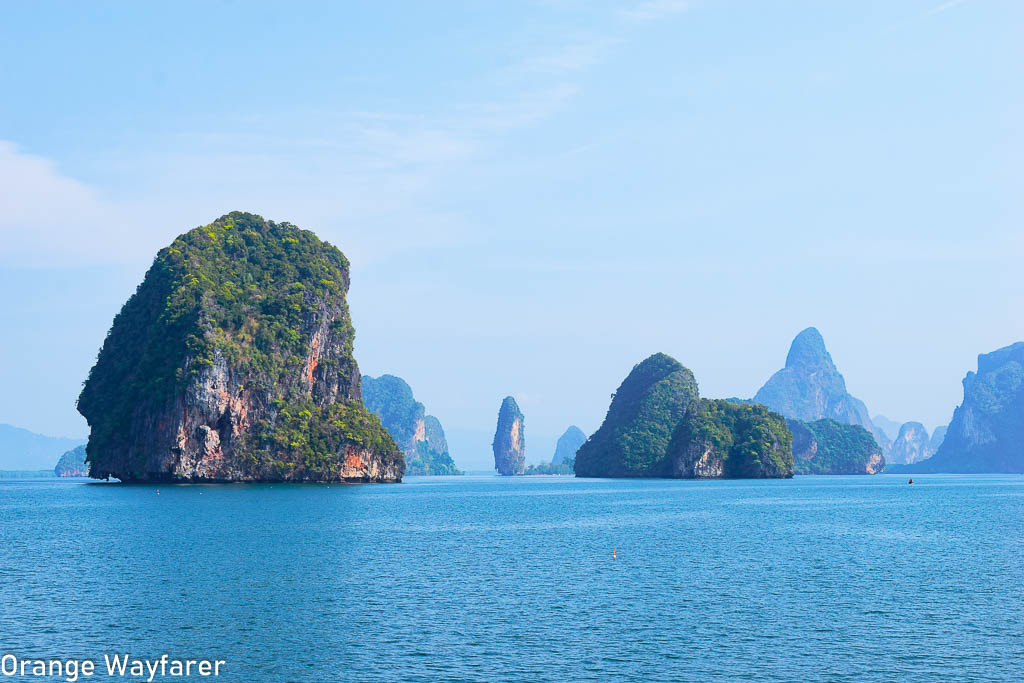
Under a starlit sky, I sat on the rooftop of my Bangalore home with my eyes closed, reminiscing about the moments I had spent by the Andaman sea in what now seems to be another life! I felt that a gentle breeze filled with the aroma of salt and sea kissed my cheeks, welcoming me back to Phuket, the gateway to the Thai wilderness.
In the naivety of a first-time backpacker, I found my 20 something self on the streets of Bangla Road at Pa Tong and thought that is all ritzy Phuket had on offer. I was overwhelmed looking at the street-boards bearing signs of Tsunami warning. Memories of the 2004 Indian Ocean Tsunami came gushing back. I remember speaking to the guest house owner. The Thai lady in her late 60s shed a few tears recollecting the disaster that took away the lives of her grandchildren. The next day, I had left for Krabi.
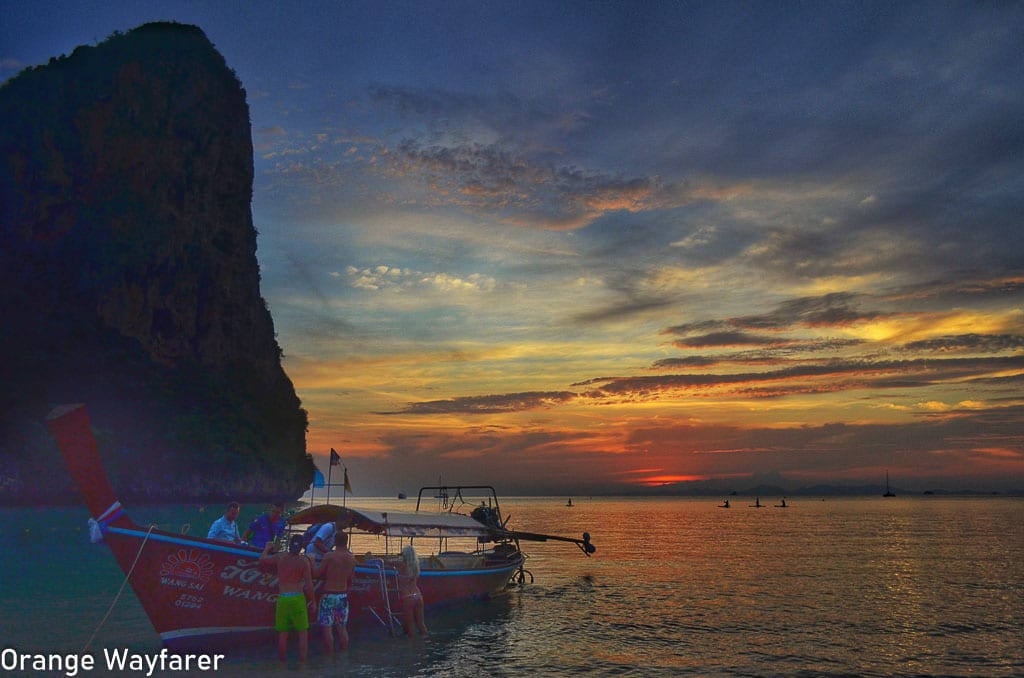
If time allows us to travel back to 10,000 years, we could make the journey from Phuket to Krabi by a long walk, meandering through the dense forestland that is now eaten away by the Bay, paving way for the Ao Phang Nga National Park. In Krabi, I left the dazzles of a seaside town and headed straight for Railay, a tiny stretch of beach safeguarded from the outside world with towering limestone monoliths.
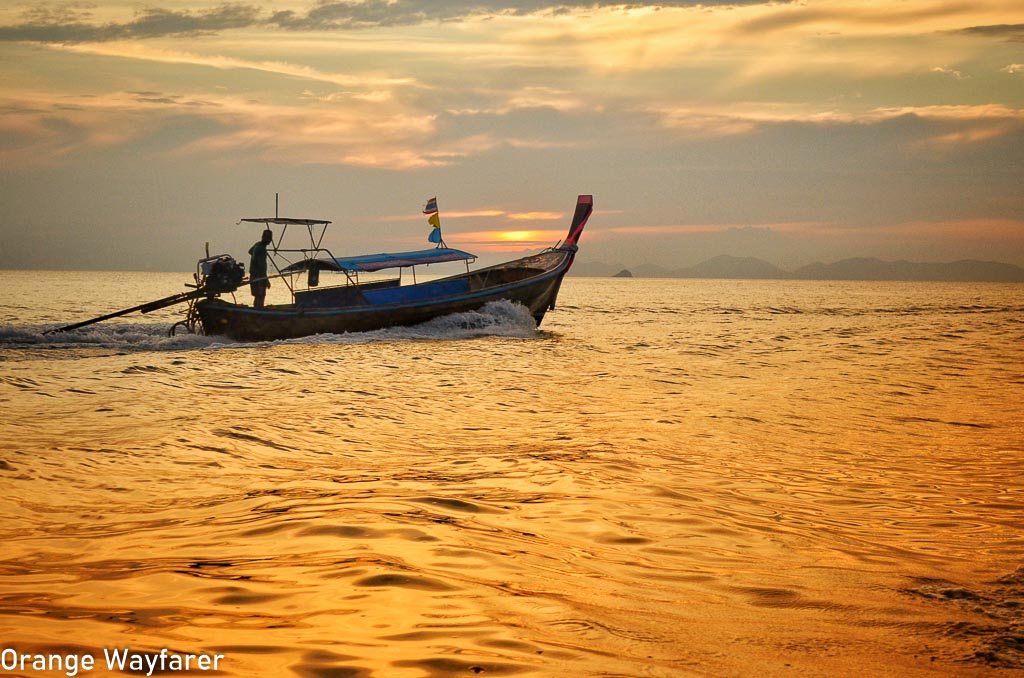
Also read: How to plan a trip to Goa for a first time visitor?
My Love for Thailand Deepens with Phang Nga Bay
There are countless things to explore around Phang Nga Bay
My love for Phang Nga was an instantaneous affair, as I stood witness to the glorious sunsets painting the long tail boats and the white sand beach with a celestial tint of orange! No wonder they call Railay a “beauty Spot” on Phang Nga bay despite the hinterland being a magnet for rock climbing enthusiasts.
Ever since I have found my way back to the beautiful Phang Nga bay more than thrice. I like to think of this as a mysterious conspiracy by the Universe. With time, I witnessed the growing scope of business around the vulnerable eco-reserve, learnt about the key role it played in creating the intriguing cultural connections within the region since the tin-mining boom.
I have experienced stays at the immaculate teakwood beach resorts as well as magical sea-side camping in the Bay. My love for Phang Nga Bay grew manifold with each trip.
Did you know reaching Phang Nga Bay is easy once you have decided on your accommodation. Plenty of ferry and bus are scheduled for transporting tourists from one point to another at Phang Nga Bay. Check here on Bookaway to get your ticket and plan your trip securely.
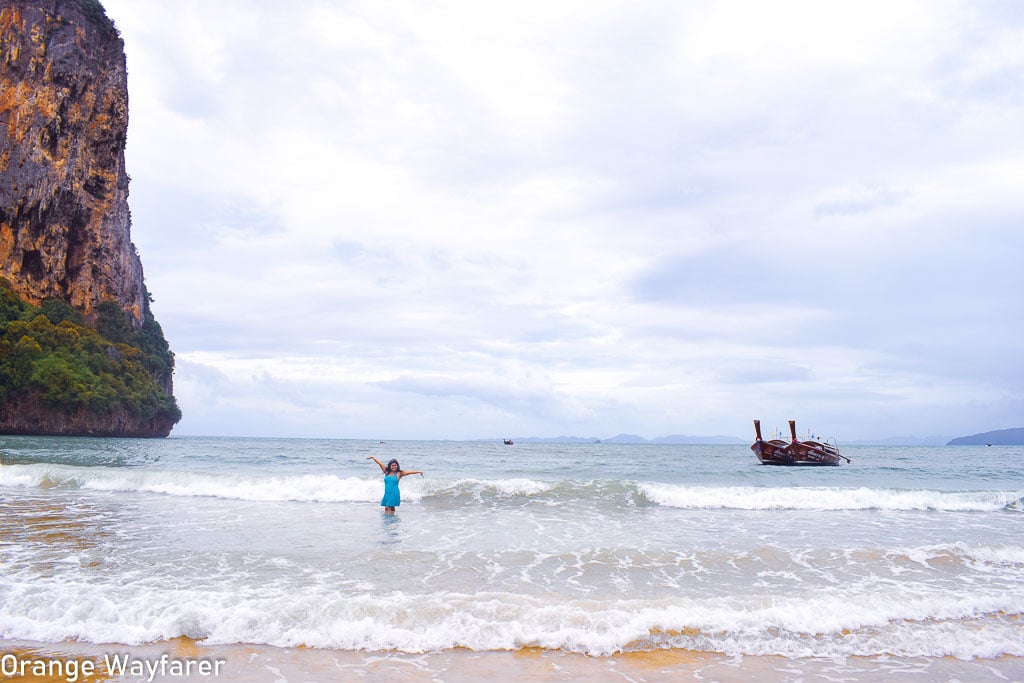
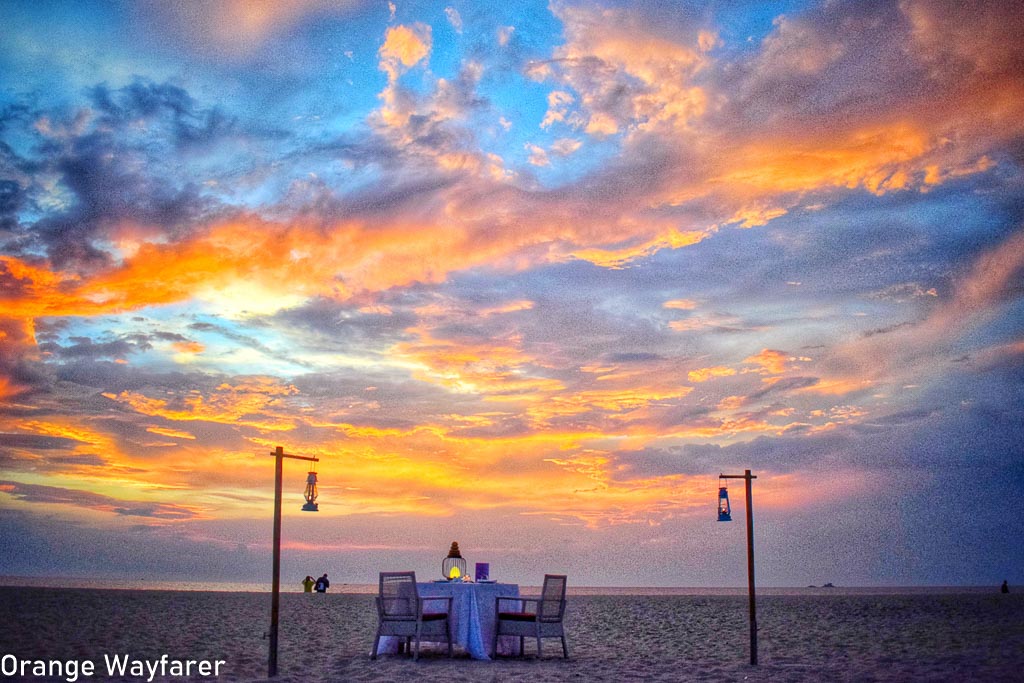
During my last Thailand sojourn, I based myself at the Angsana Laguna Resort, Phuket. I stayed there for a week and remained steadfast in my quest for documenting the untouched gems of Phang Nga bay.
Close to 200 limestone cliffs stand in the guard for the 400 sq KM Ao Phang Nga National Park which straddles the border with Krabi in the East and Phuket at the west. The cliffs rise vertically above the sea level in sheer might and are home to vines and vegetation and fronds of greens.
Often, hidden Hongs remain at the centre of these limestone karsts, providing a home to many endangered avian species, the Hornbills, the Bramhini Kites.
Countless small islands litter the marine park, mostly off-limits to tourists but accessible for licensed local birds’ nest collectors. They supply crucial ingredients for the regal Thai delicacy, bird’s nest soup.
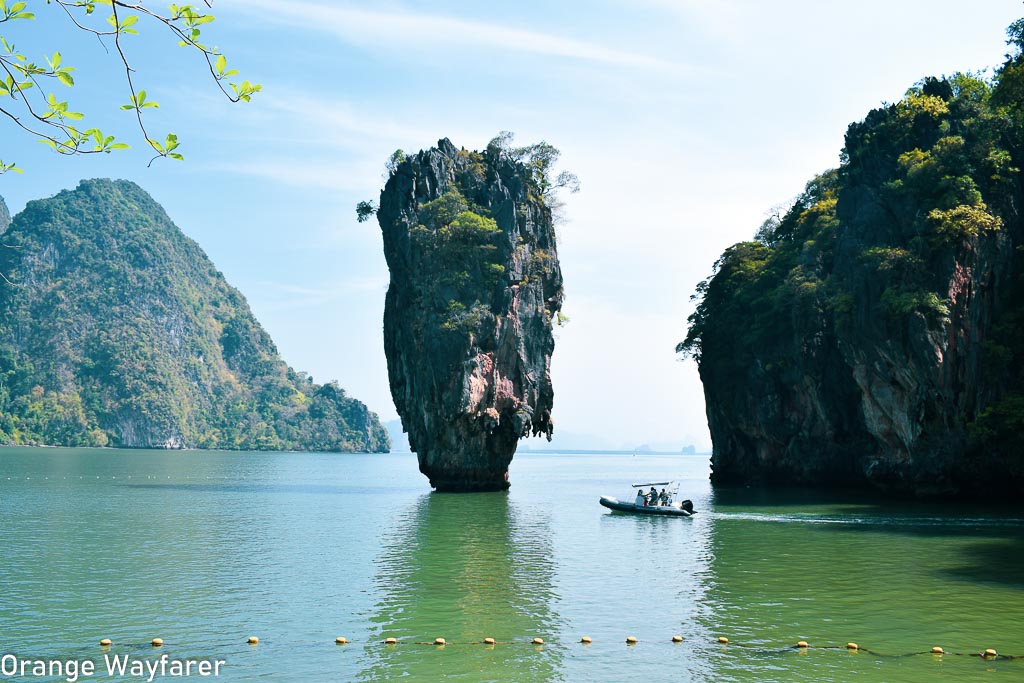
Also read: Complete Travel Guide to Mirissa, most beautiful beach town in the south of Sri Lanka
The James Bond Island
A day trip to Phang Nga Bay often equates to a day of sailing to the iconic mushroom-shaped limestone in the middle of the ocean. The 1974 Bond film, The Man With The Golden Gun, was shot at Koh Tapu, the Thai name of “the rock.” Tourists ideally stand at a nearby rock named Koh Ping Ghan rock for a while. They walk into knee-deep water and point a finger gun and recreate the Bond poster.
The first time I visited James Bond island, I did all of these. The next time I was on the blue-green water, I wanted to experience more.
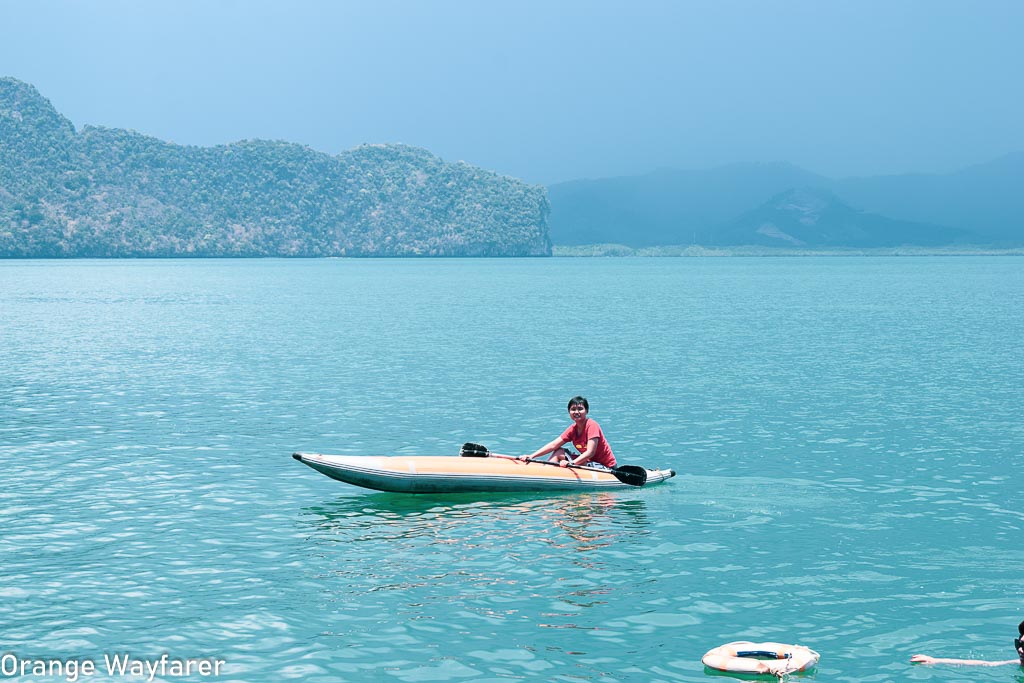
Kayaking along the western Andaman coast of Thailand
Once the pleasure boat sails you till the middle of the ocean, leave them for the bright coloured kayaks. The tiny kayaks propel through the calm waters of the bay. Swiftly they leave past the towering limestone cliffs and escape to the timeless solitude zone of the Hongs (Thai for hidden Lagoons). During low tide, you may even squelch inside the cave from the mouth of the sea through a narrow tunnel. Despite collapsed cave walls surrounding these lagoons, sunshine hardly makes its way in. A torchlight will guide you to this moment of quiet.
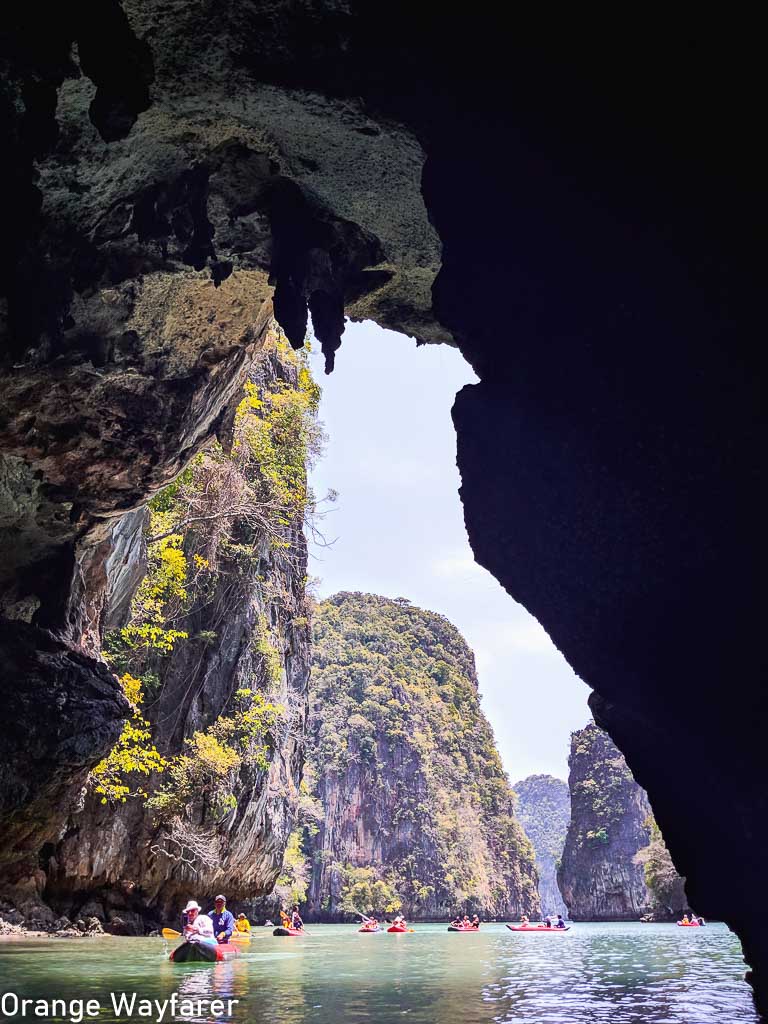
Geographical location has privileged Phang Nga Bay with a relatively calmer sea than southern Thailand. Kayaking is possible during all seasons, and in few instances, even during the wee hours of the day. You may take a dip in the crystal clear water glittering with Phosphorescence under a moonlit sky. Large shoals of fish drift in search of warmer water underneath.
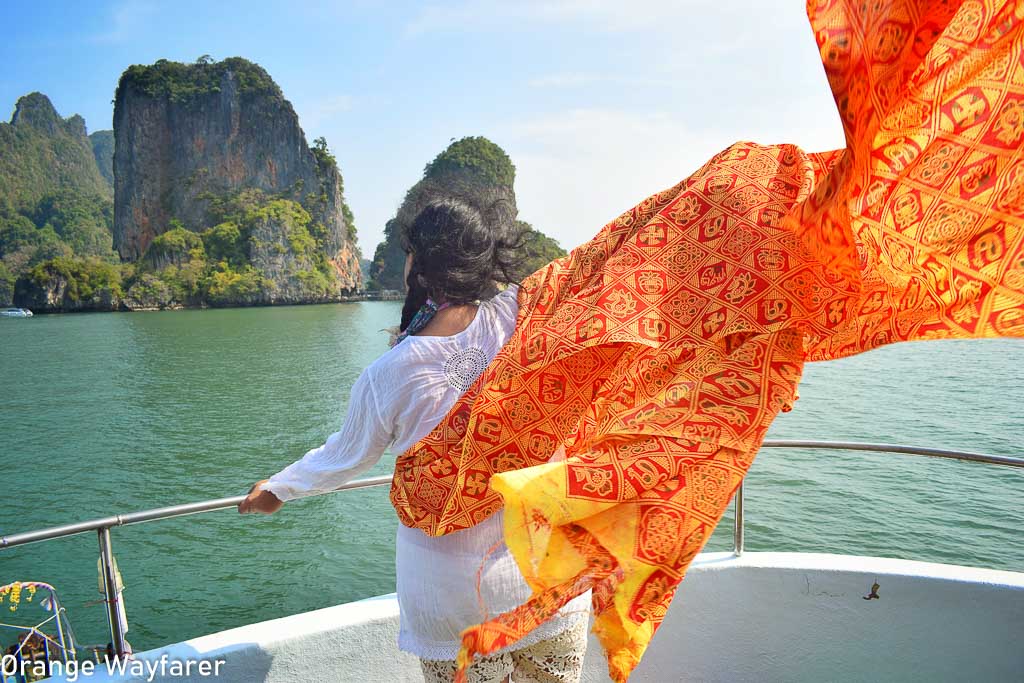
Floating on my back looking at the star-studded night, I shed a few drops of tears of joy. My soul surged with the wilderness, as my body was left to swim in the constellation that the Andamans had reflected under the dome of a moonlit sky!
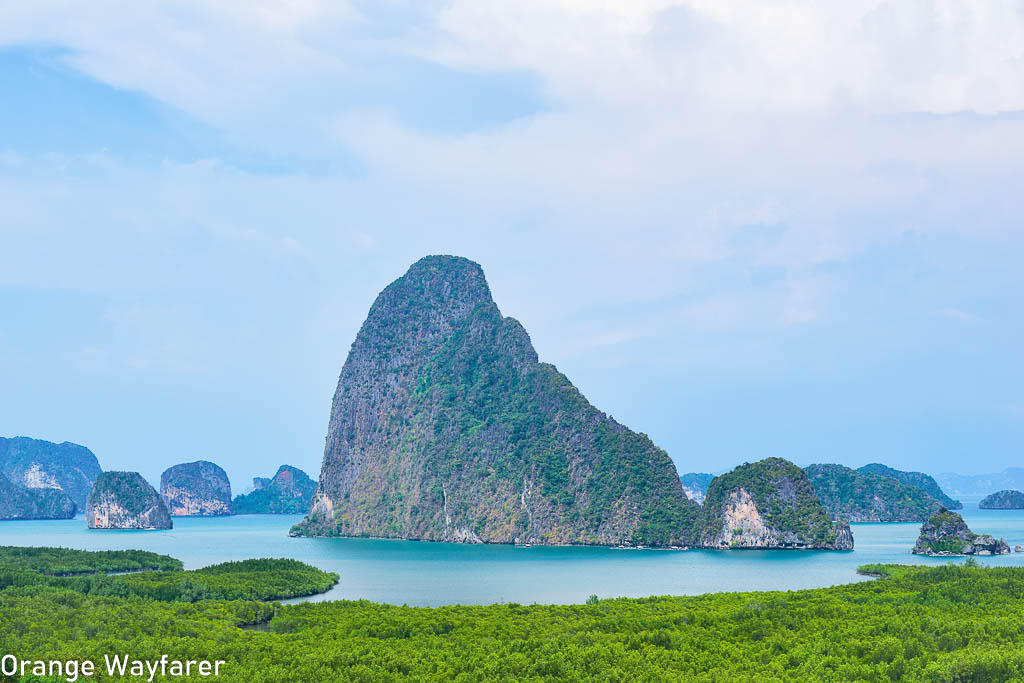
Also read: 33+ beautiful beaches in Goa
The Samet Nangshe Viewpoint
Phang Nga Bay in her entirety is best viewed from the edge of Samet Nangshe viewpoint. Located at an hour’s drive off the coastline of Phuket main town, Samet Nangshe lets you take a panoramic glimpse of the Phang Nga vista studded with countless limestone karsts and caverns.
The night sky at Samet Nangshe is illuminated with the ethereal Milky Way, making it a much sought after spot by the clan of astrophotographers. At the crack of the dawn, a violet-rose-red sunrise will make you speechless. The looming hulks of limestone across the bay resemble dragons in deep slumber. The otherworldly canvas of Samet Nangshe remains a well-kept secret of Thailand.
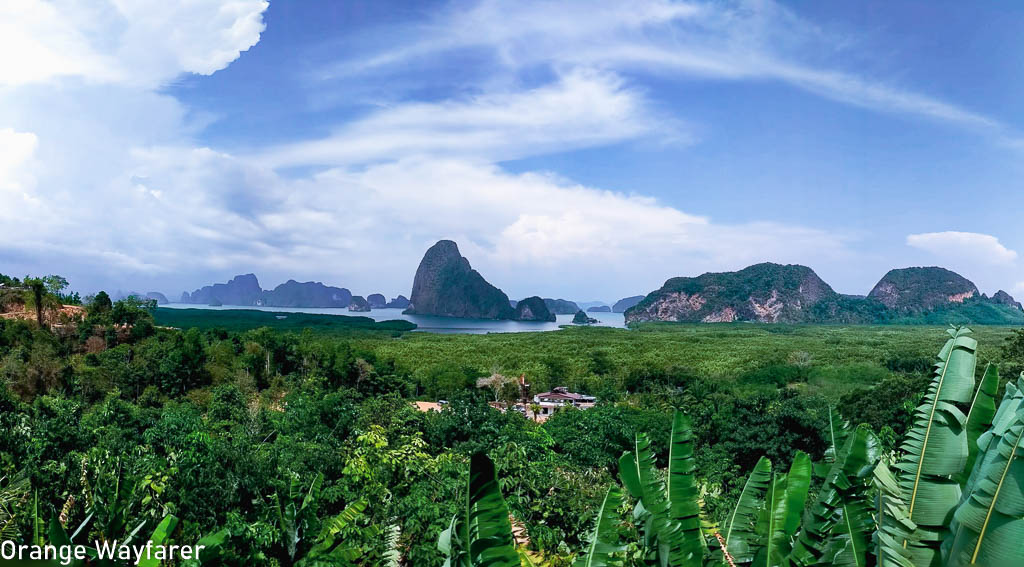
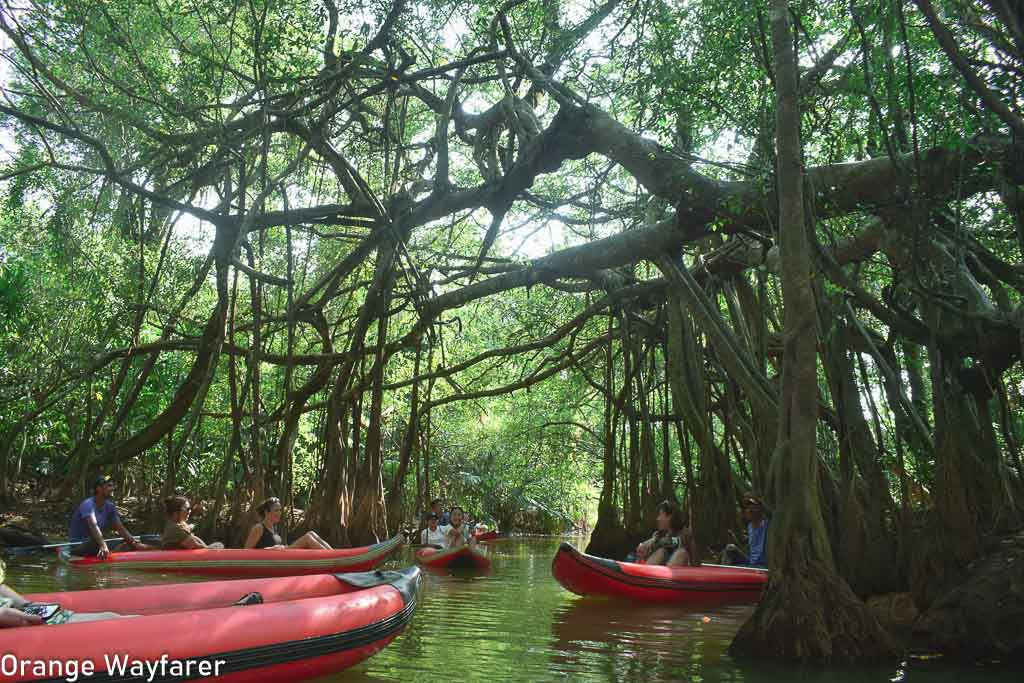
The Mangroves of the Andaman Sea
The sheer volume of mangroves often termed as the roots of the sea can be seen while standing at the edge of Samet Nangshe. The thick maze of mangroves stretched over acres, guarding the land against soil erosion from an aggressive sea, is also home to myriad species of wildlife.
The coastline of Thailand is sparsely dotted with dense mangrove forests dating back to millennia which withstood many instances of surging tidal waves. To protect these swaths of mangrove lands, Thai tourism has been instrumental in spreading awareness among local communities and involving the locals. On the way to Takuapa in Phang Nga province, we made a stop at “Little Amazon”, also known as Klong Sang Nae. On a floating canoe, we ventured deep into the lush mangrove forest that empties into the mouth of the sea!
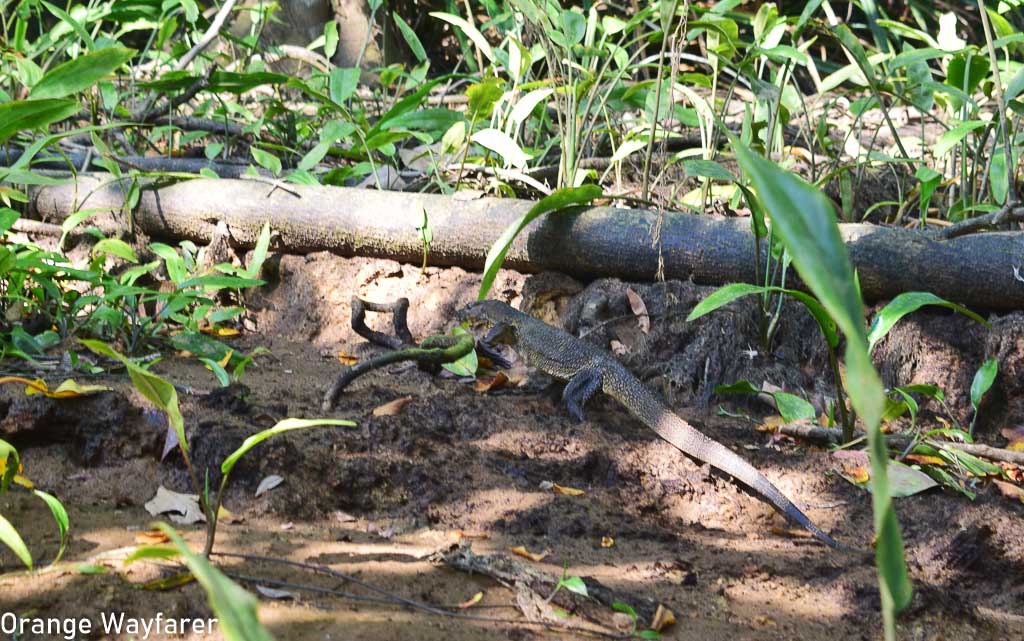
Within a couple of hours, we were engulfed in the silence of the jungle. A 200-year-old banyan tree network kept watching us throughout. A few monitors, storks, golden ring mangrove snakes and playful monkeys briefly appeared with curious glances. One or two narrow motorboats used the mangroves to make their way into the sea, breaking the stark silence complemented by the buzz of cicadas.
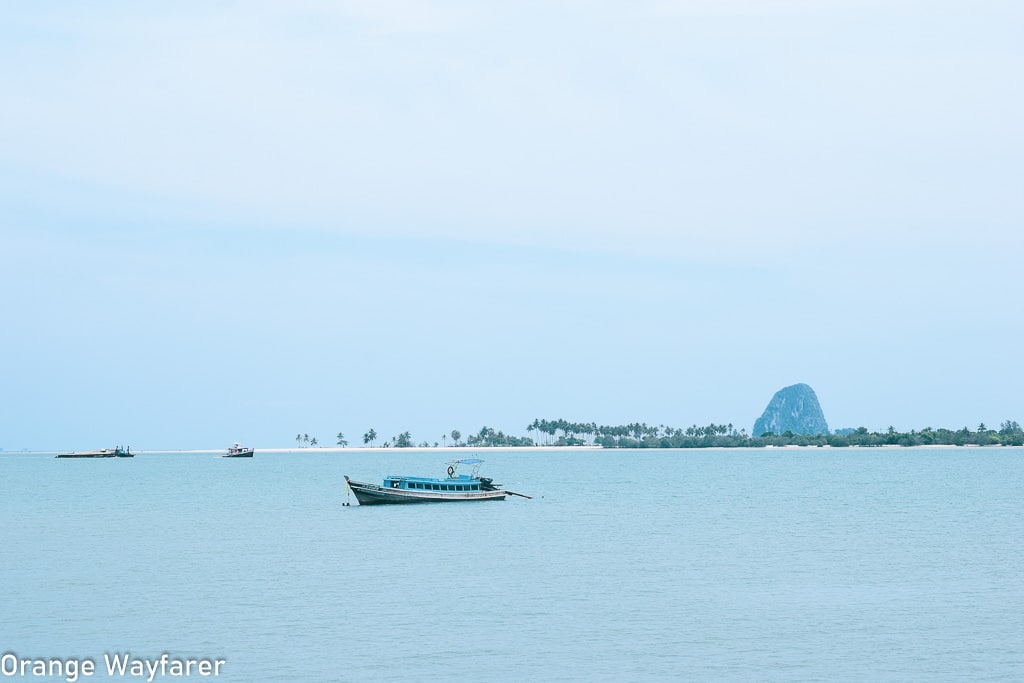
Also read: How to spend a long weekend in North Goa
The Twin Islands of Koh Yao Yai & Koh Yao Noi
You can not get better than this. Why chase the rainbow?
As our longtail boat approached the shallow milky blue water of Koh Yao Yai, I realized this is how I had painted paradise in my dream!
Gentle palms swaying their heads by the endless stretch of a white sandy beach in the stark contrast of an ultramarine sky shining bright in broad daylight. Saline water makes its way into the fishing villages during high tide. Otherwise, scantily clad bald children reclaim the beach as their playground. A few shacks and massage stalls and cafes dot the shoreline but the tiny village remains nonchalant to the wild-eyed and long-haired dream chasers from the western world.
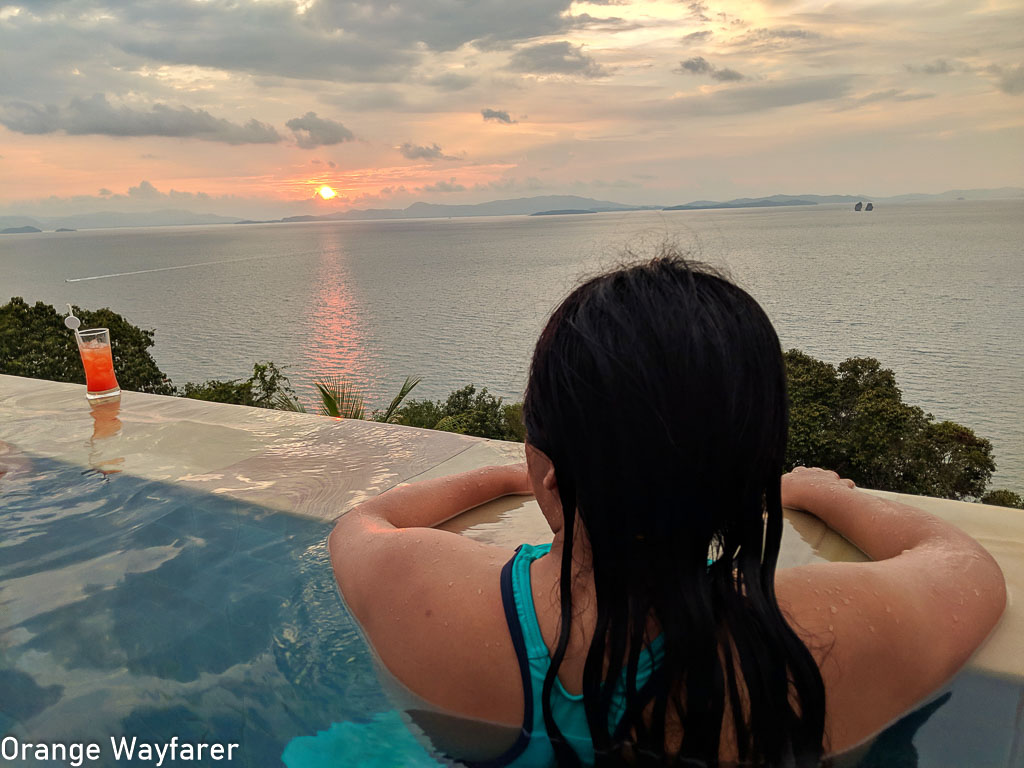
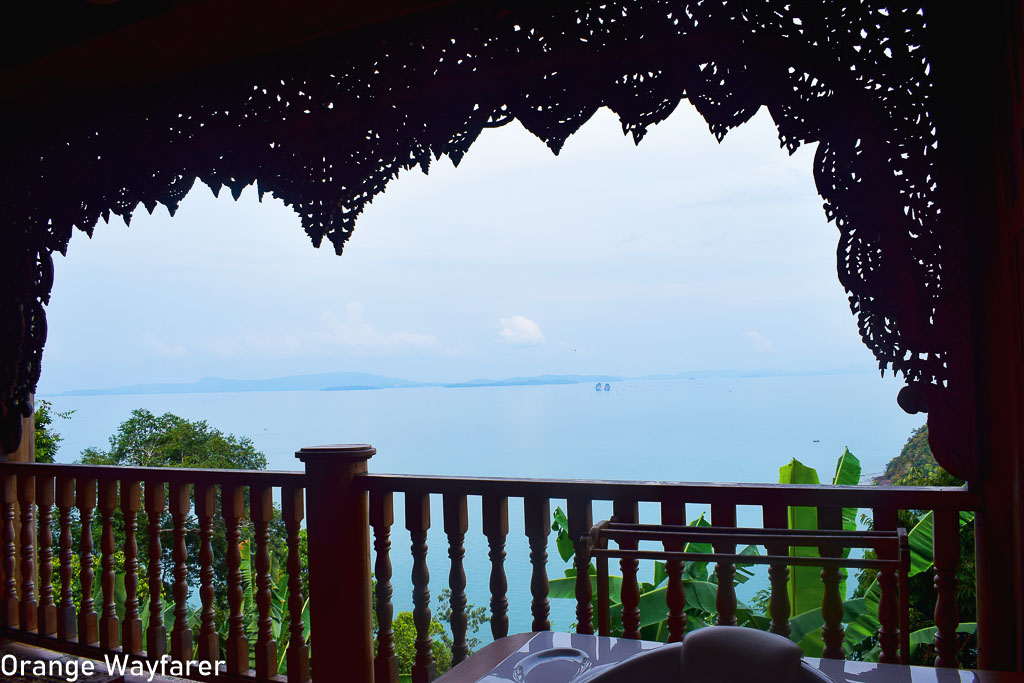
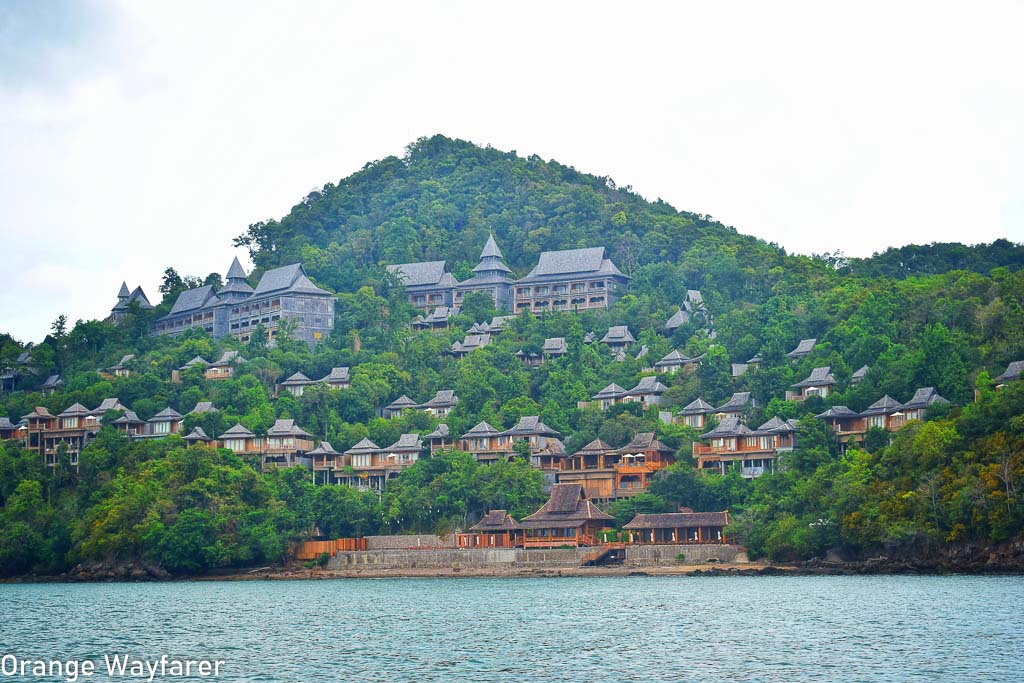
I stayed at the luxurious Santhya Resort, a beautiful property striving to strike the delicate balance between luxury and being ecologically sensitive. My suite was styled after a traditional Thai palace and took pride in opulence in the use of teak wood and bespoke furniture. The balcony had a jacuzzi and the view invited the sea inside!
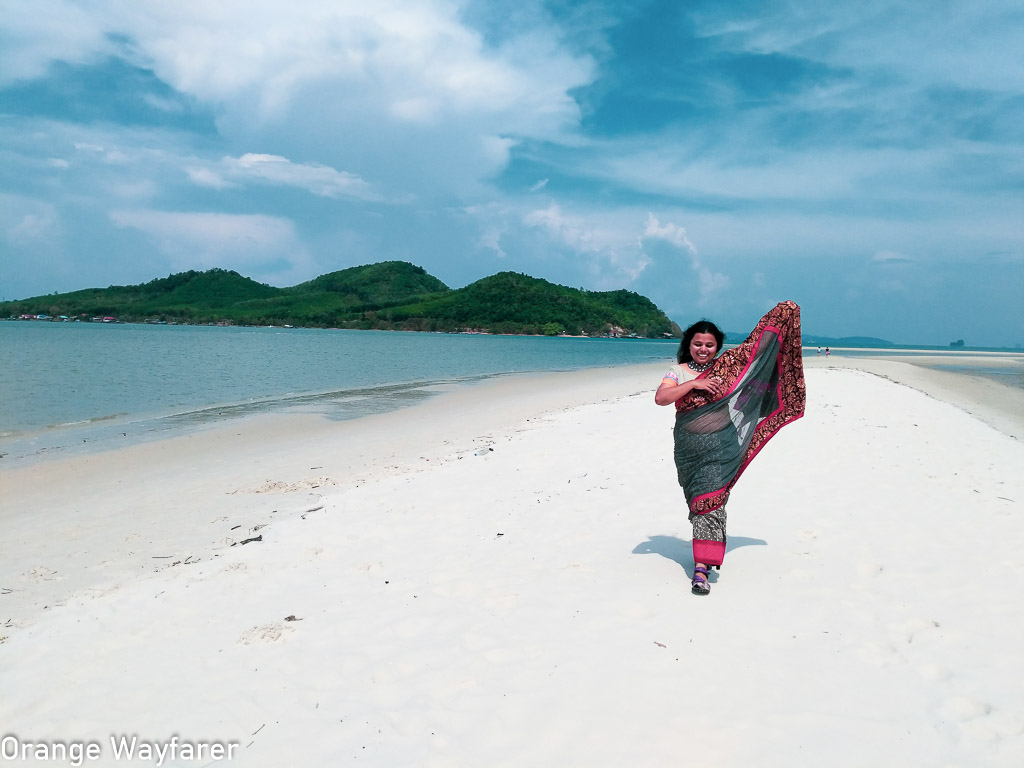

One day, I went to take an idyllic walk along the seaside. Soon, I got lost in the labyrinth of a rubber plantation, the primary cash crop of the region. A meter-long grey monitor lizard lazily slithered into the sea. Longtail boat casts day’s first nets to catch fresh seafood. A herd of water buffalos grunted gently at a distant paddy field. The evening before, we had feasted on sea crabs and lobsters at a local restaurant with a thatched roof named Num Na Tho.
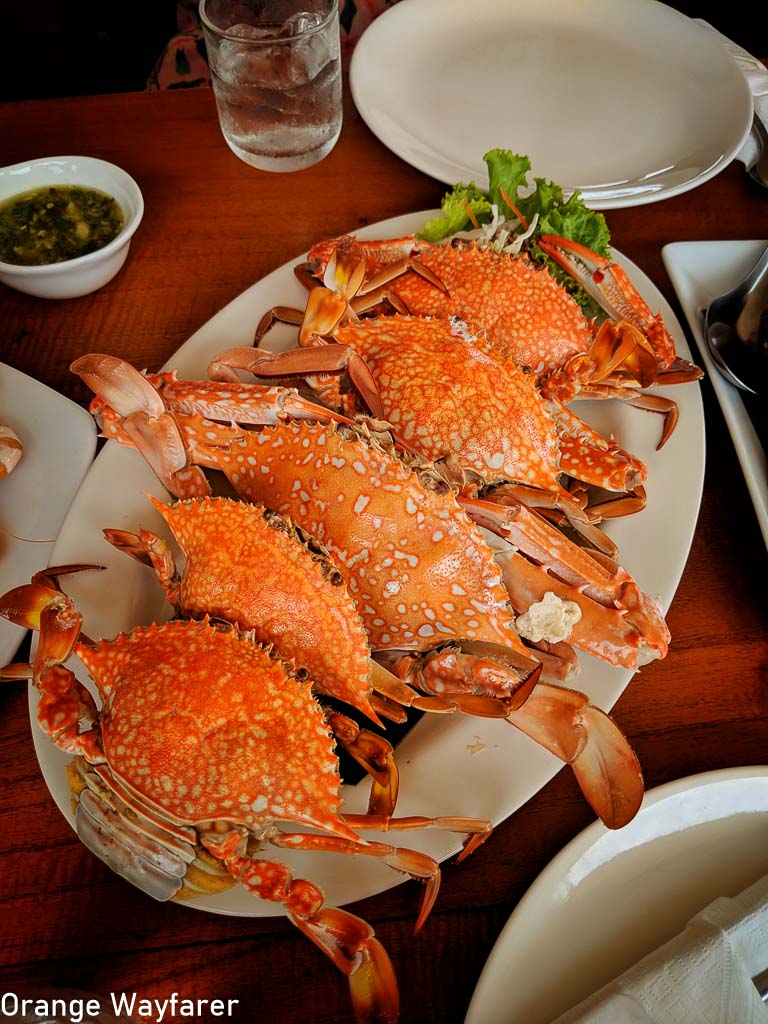
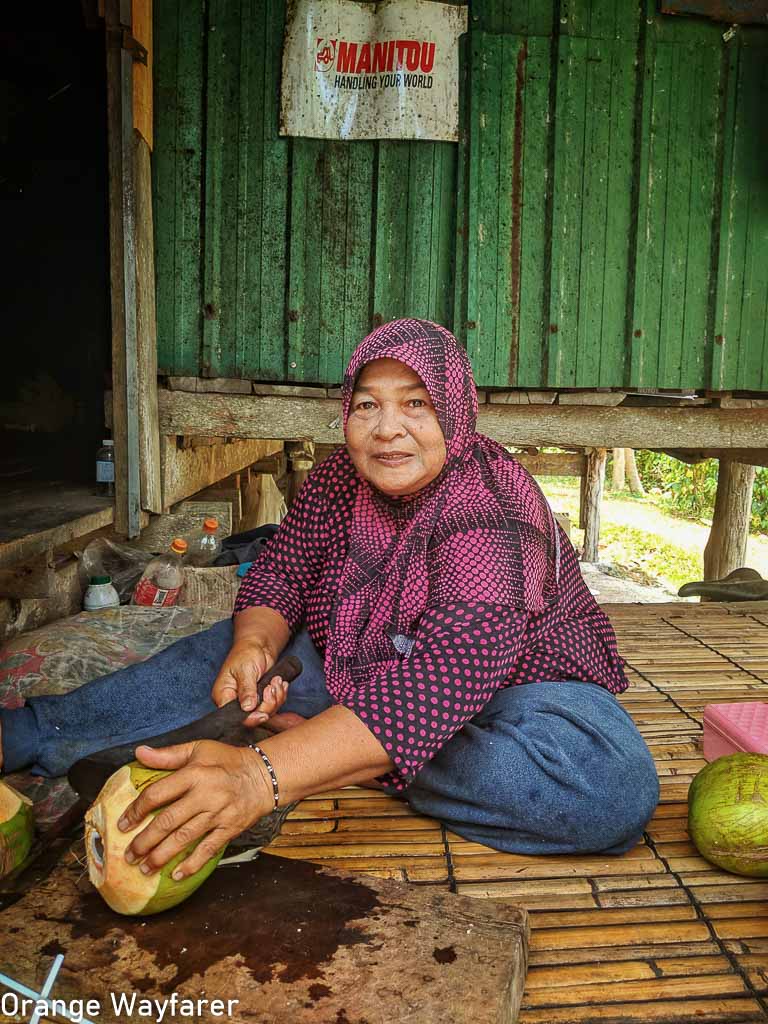
Koh Yao Yoi and Koh Yao Noi are the twin islands gently tucked in the Andaman sea, where life regains the lost peace in a world brazen with hustle and FOMO. You may easily spend a week here, either at the beach cottages or one of the luxury retreats. Either way, nature’s brilliance would make a lasting impact on your soul. People of the islands are of Malay descent and practice Islam as a faith.
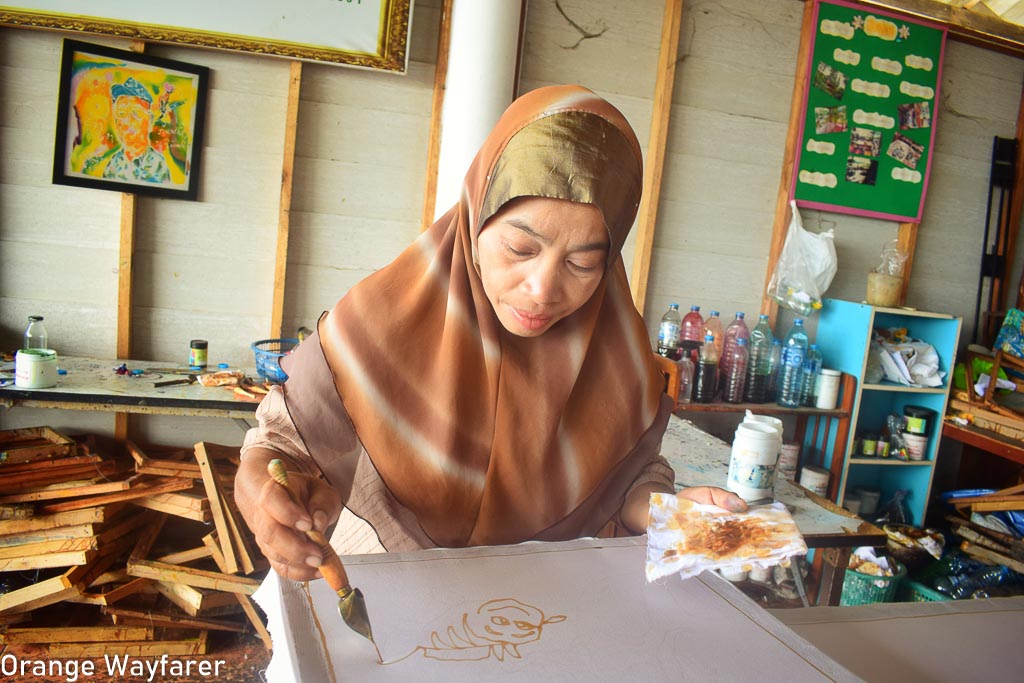
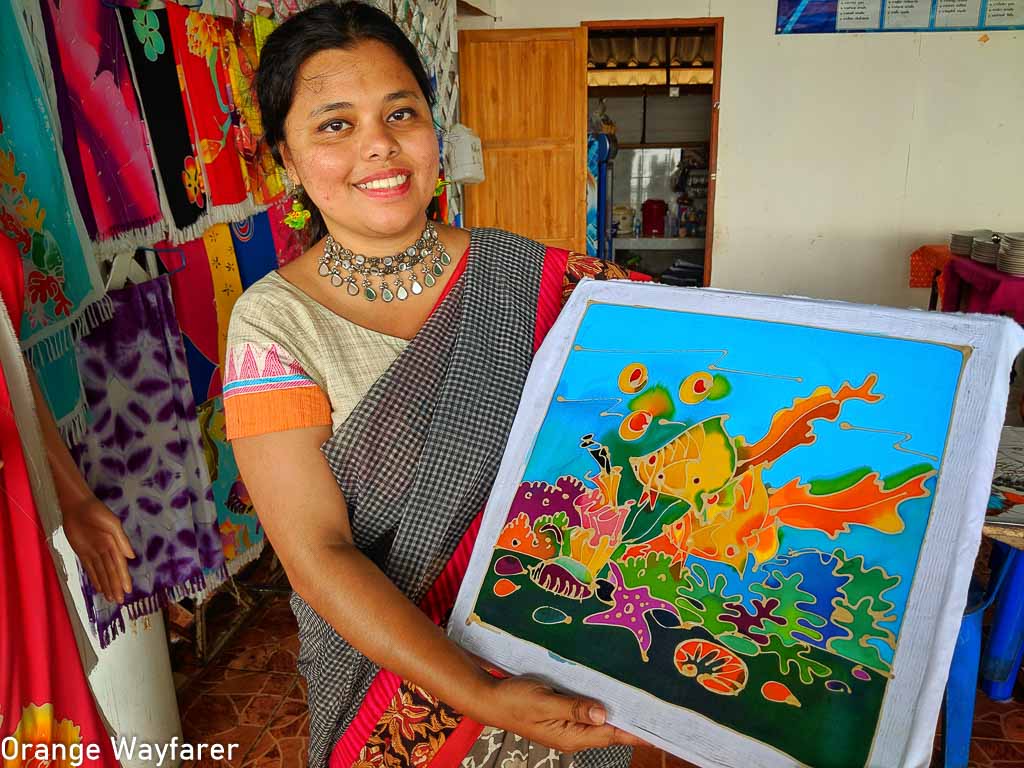
Also read: Complete guide for a relaxing holiday at Koh Yao Yai and Koh Yao Noi!
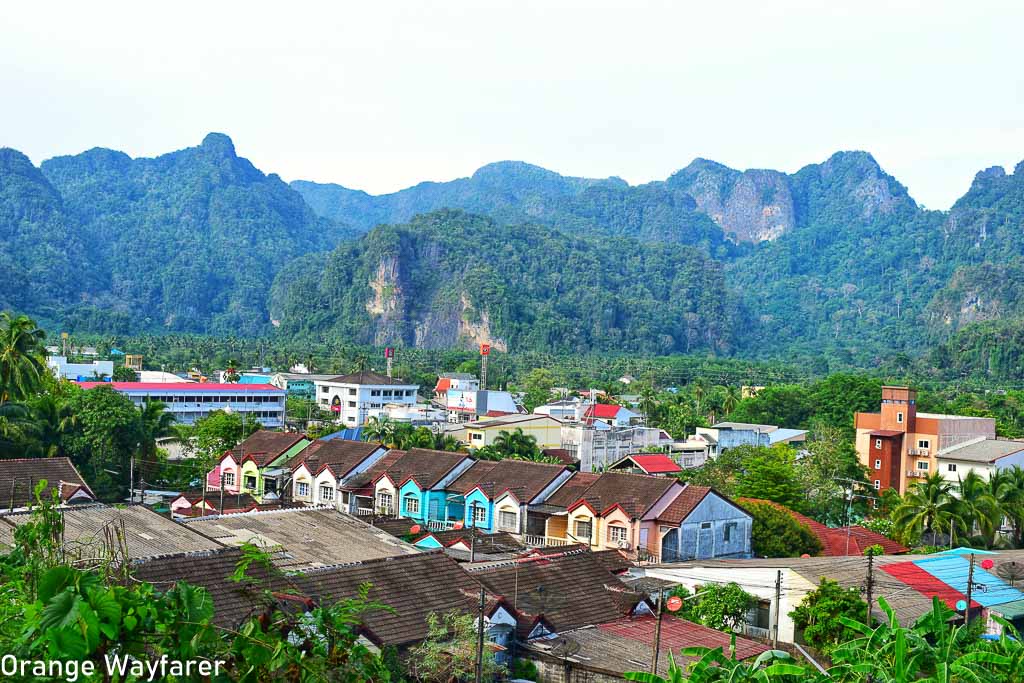
Legends of Tin Mining at Takua Pa
Tin clan families of Chinese ancestry dominated Phuket’s economic advances back in the early twentieth century. Heydays of the metal may have diminished but remnants of the era remain poignant in the shophouses, Sino-Thai Tea houses, lasting culinary heritage and mansions now turned into boutique stays of Takua Pa Town and Old Phuket Town, a UNESCO World Heritage site.
It is intriguing to study the architecture of the shophouses, built on the strong influence of the Sino-Portuguese style. The entry to these shophouses was narrow, not exceeding a few meters in width to reduce property tax levied during the olden days. However, these olden houses inevitably opened to a larger hall and often to a sprawling courtyard.
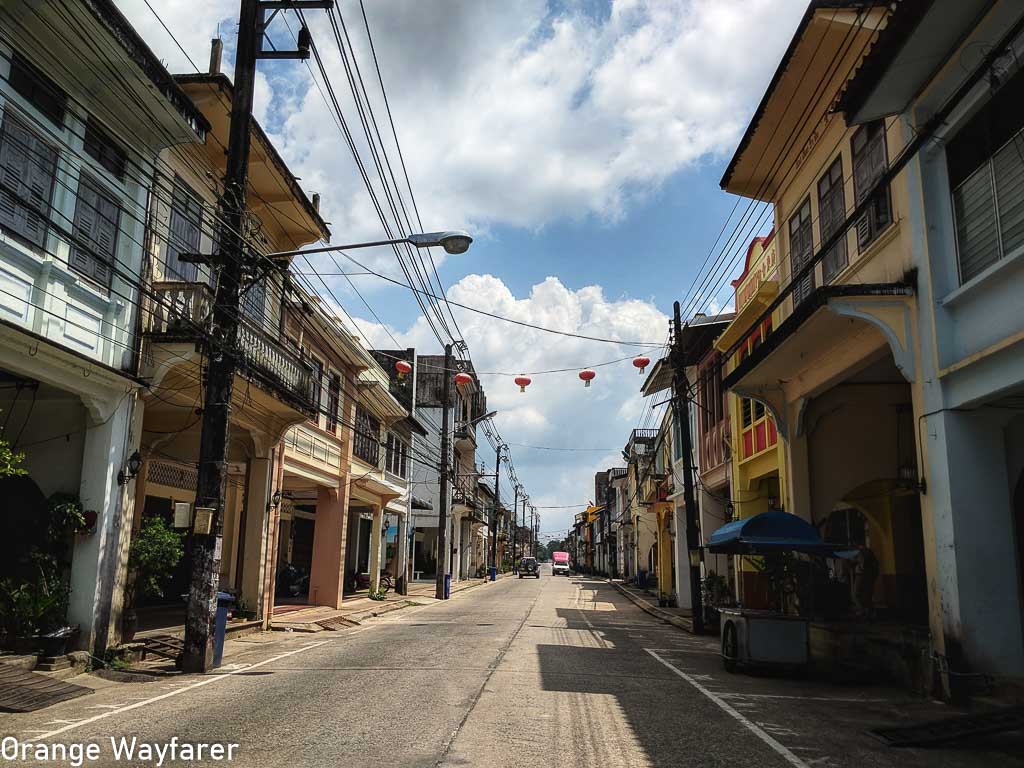
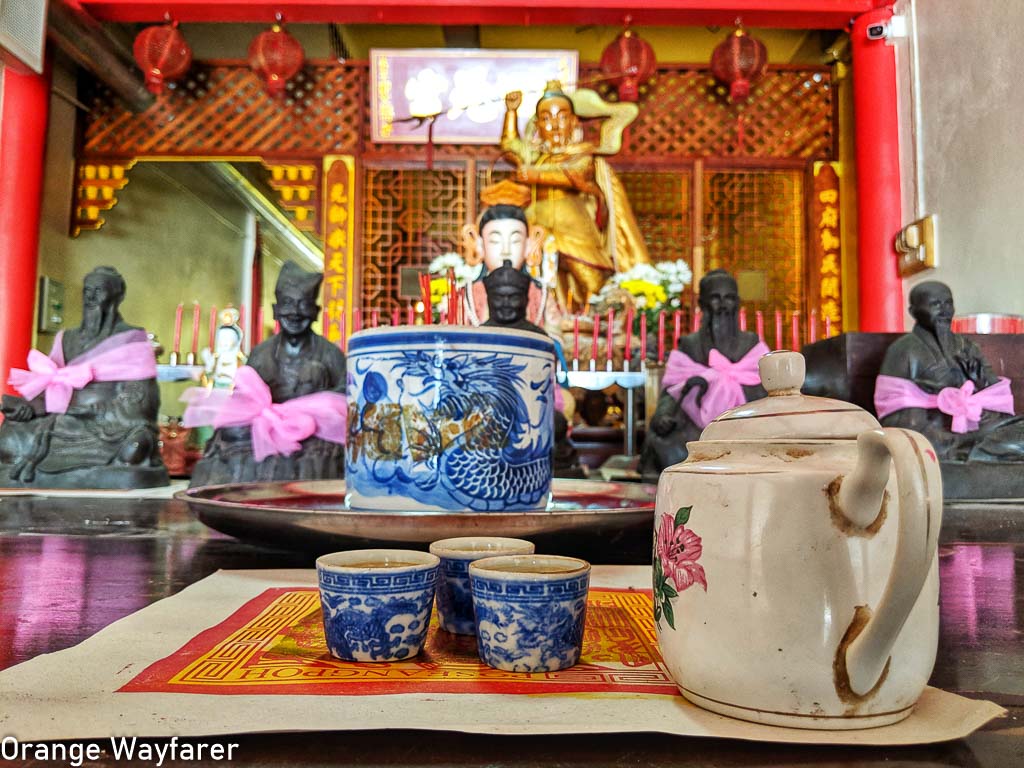
Tin trade paved the way to unprecedented riches for a distinct community born to Chinese ancestry but originally from Phuket who came to be known as Peranakan. To date, the Peranakan, also known as the Baba people, practices a distinct lifestyle. Intermarriage in the community is highly encouraged.
The Old Town of Takuapa bears many semblances to the olden days. The streets are illustrated with street art celebrating harmony and a distinct lifestyle. The baba dress comprises a lacey shirt and long silk skirts. Handmade Hokkien noodles come straight from the kitchen of the Peranakan family.
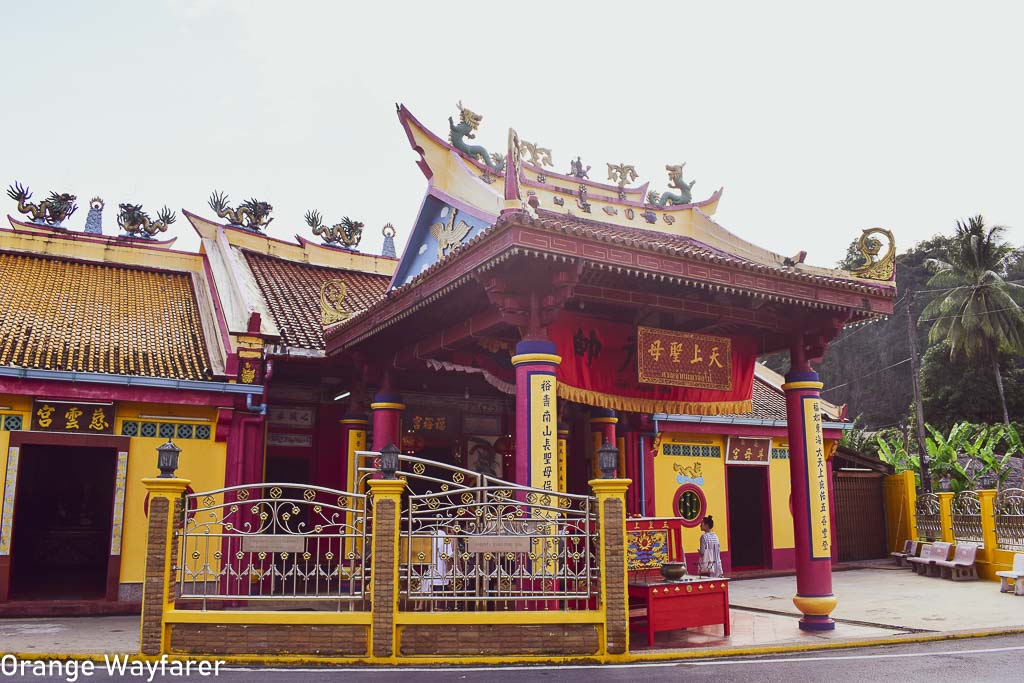
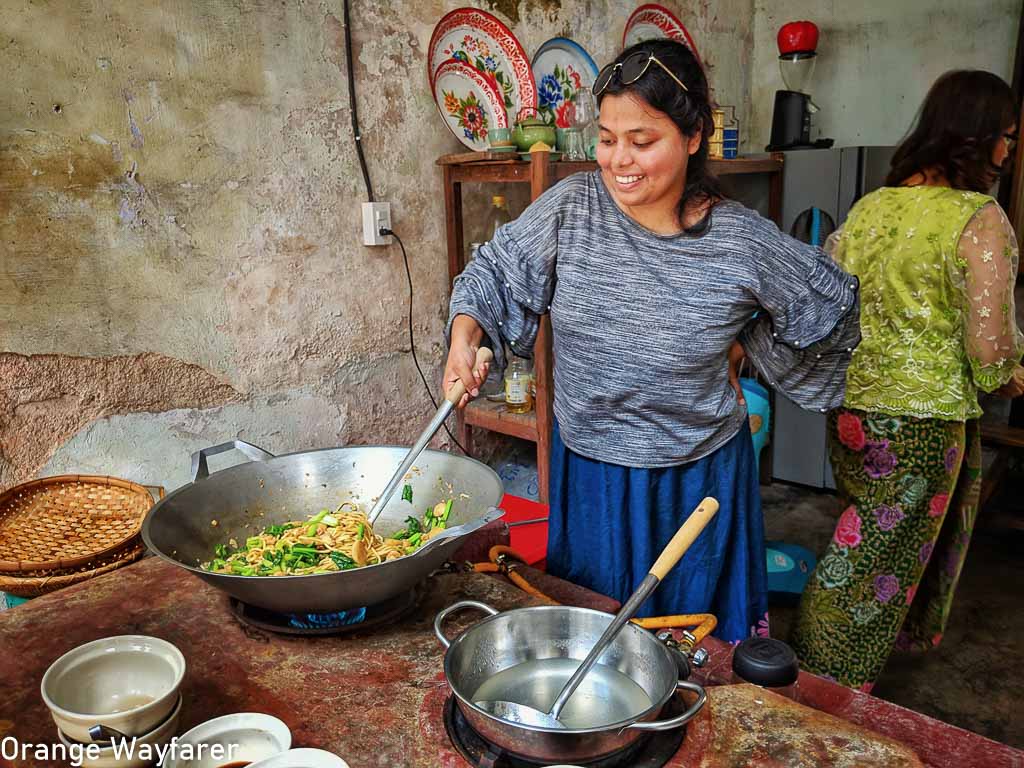
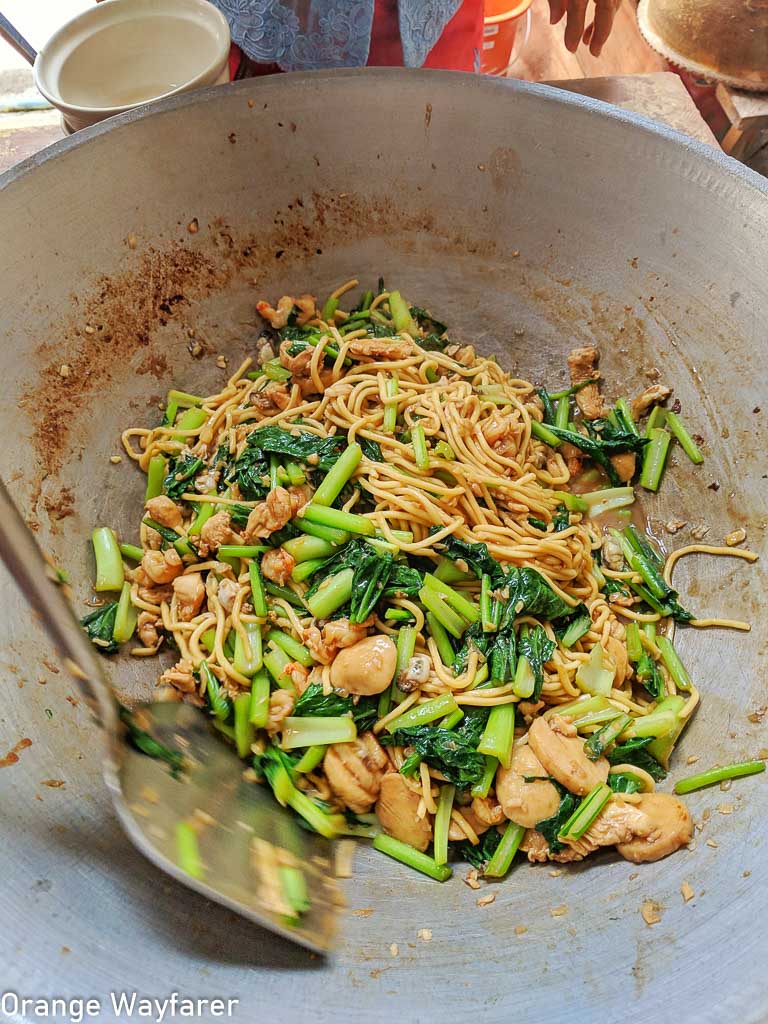
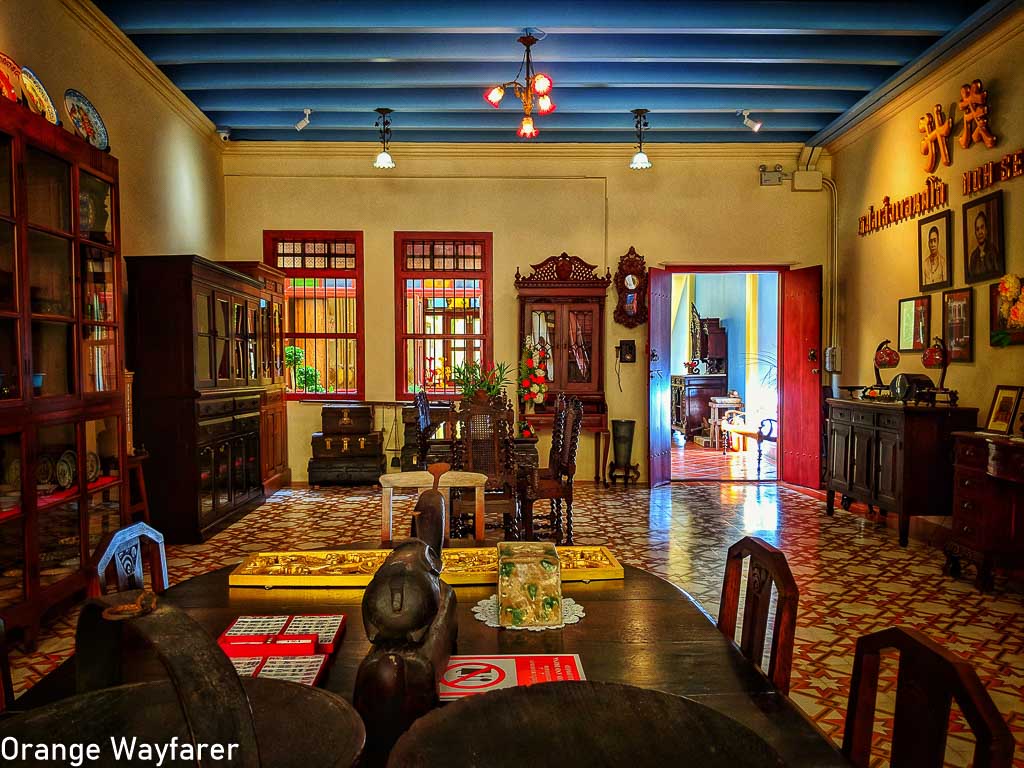
Phuket: UNESCO City of Gastronomy
Closer to Phuket town, you may enjoy walking along the streets once inhabited by the Tin Barons at the UNESCO Heritage site of Old Phuket Town. One way the amalgamation of various cultures from China, Malay, Arab and the Indian subcontinent can be traced back is through the flavorful cuisine of Phuket.
In 2019, Phuket had about 69 small eating joints that were mentioned in the Michelin guide. I had the fortune for tasting some of the dishes at a handful of such restaurants.
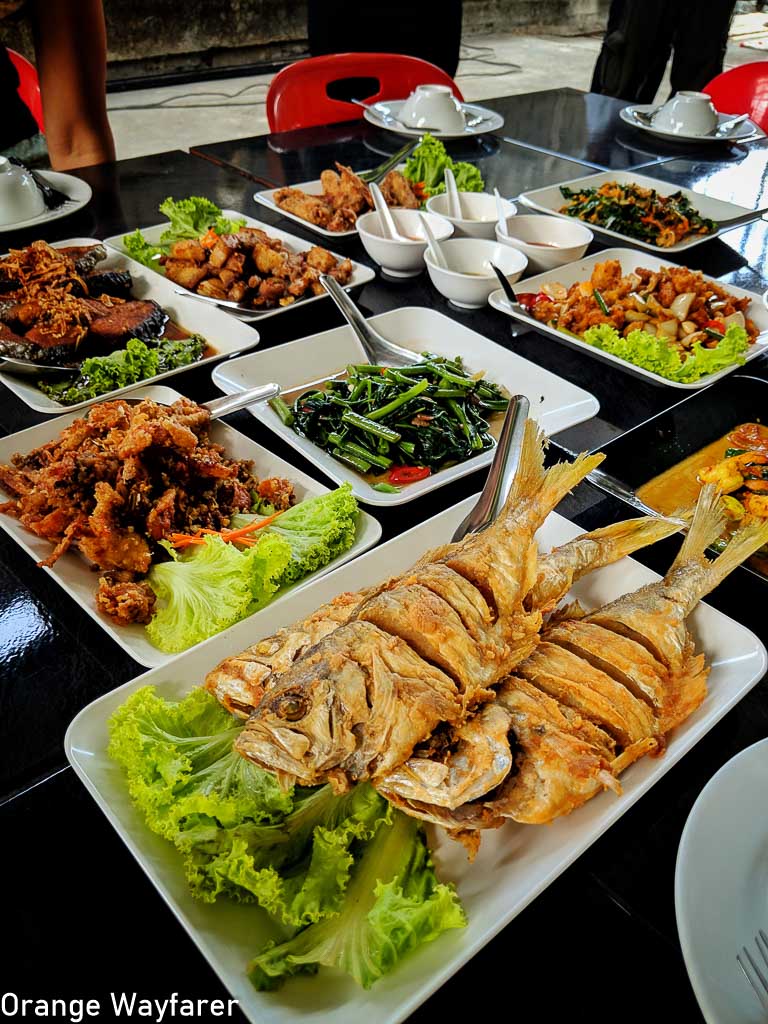
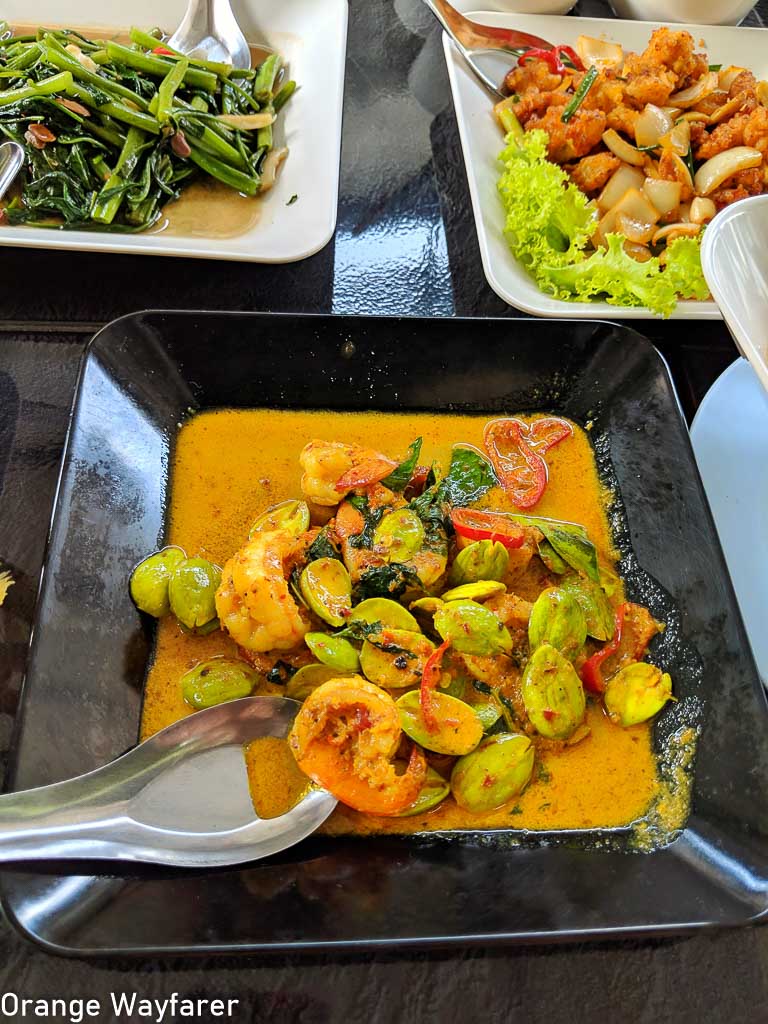
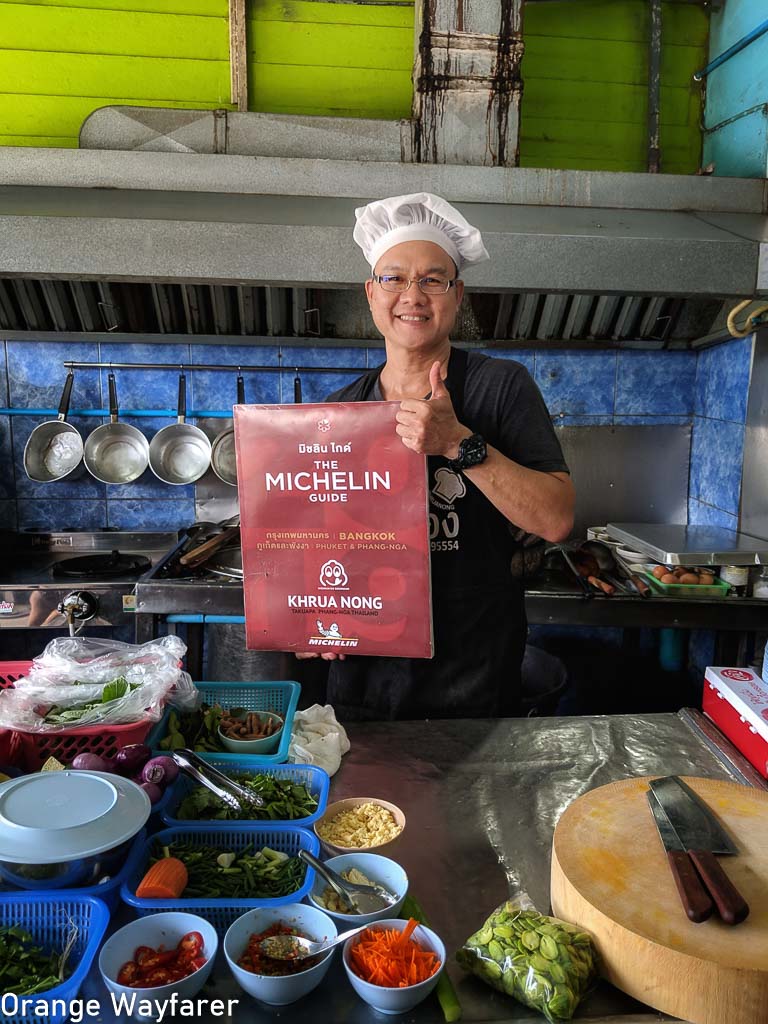
On the way to Takuapa, we stopped at a small eatery named Khrua Nong. For 20 years, a Thai couple has been running the shop and preparing the best Tom Yum Kung and soft-shell crab with a spicy sauce of the region. A fiery Prawn curry with broad beans served at the restaurant was my favourite!
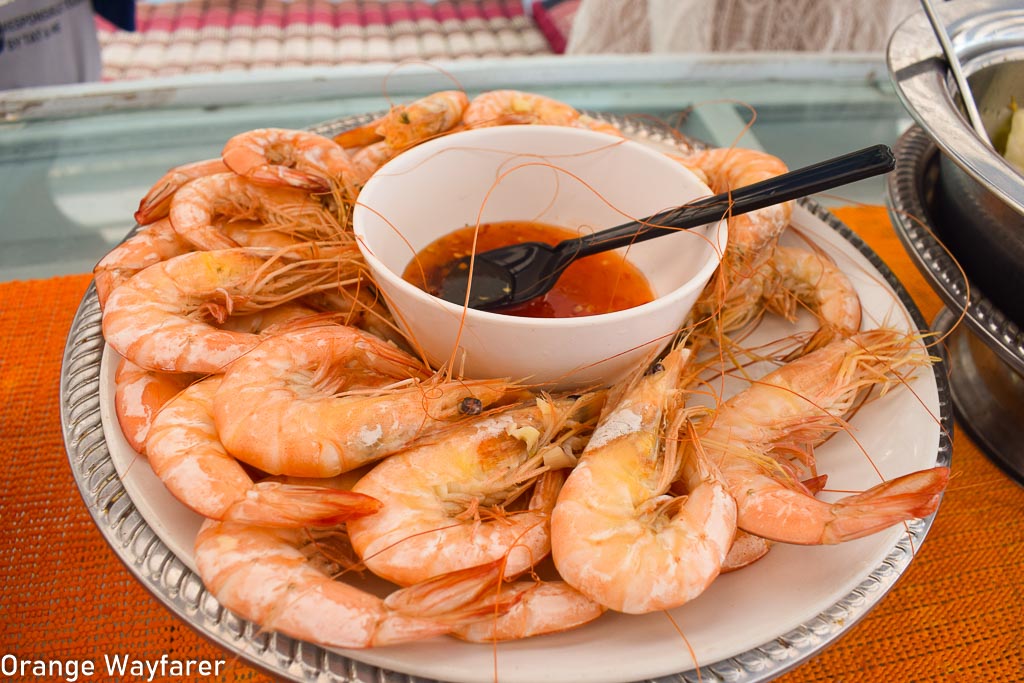
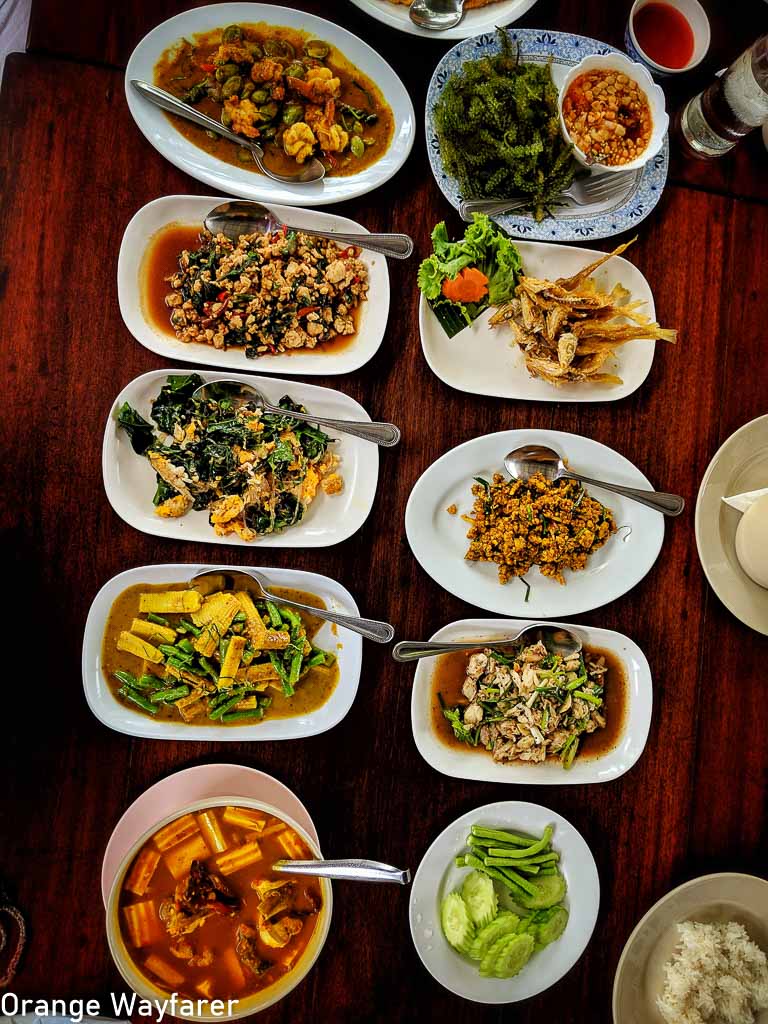
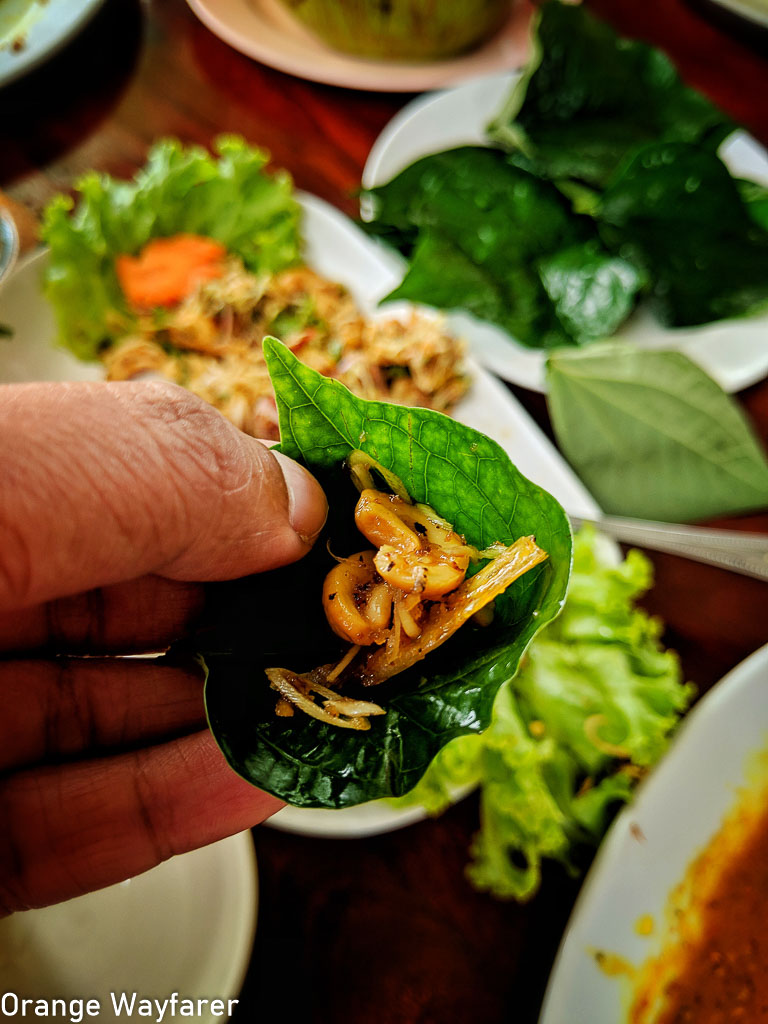
On the way back from Koh Yao Yai, we stopped at Bang Pae Seafood. Run by an Englishman, this eatery is tucked inside a mangrove forest and serves a plethora of local delicacies. The chicken stuffed inside betel leaf was my favourite!
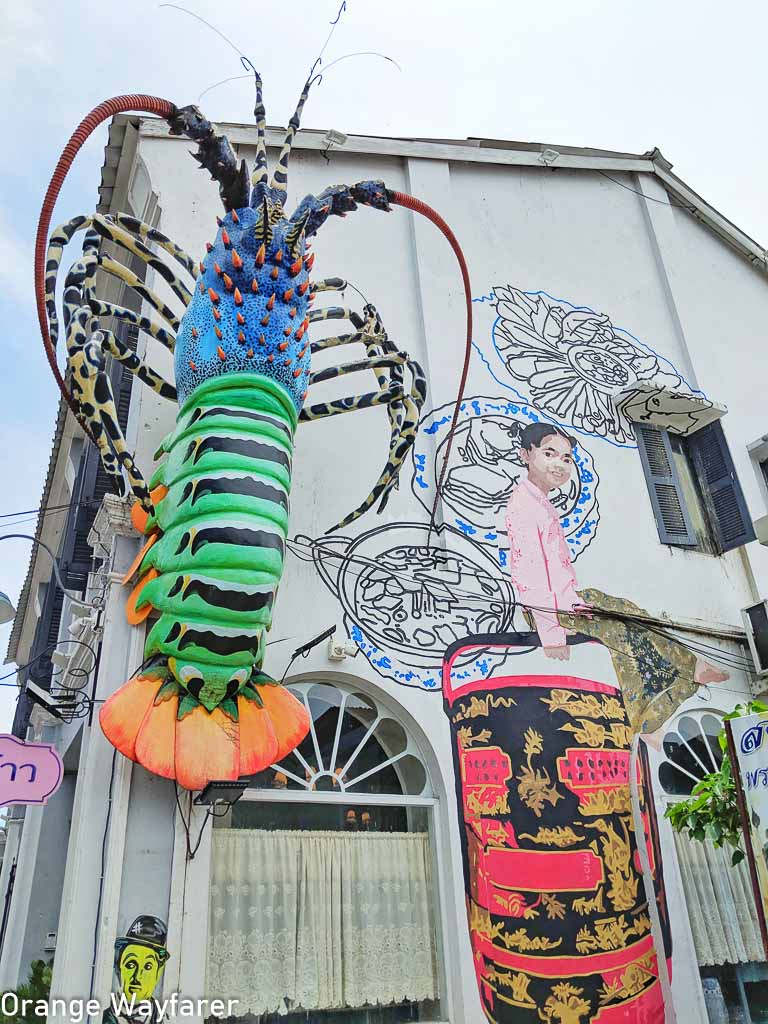
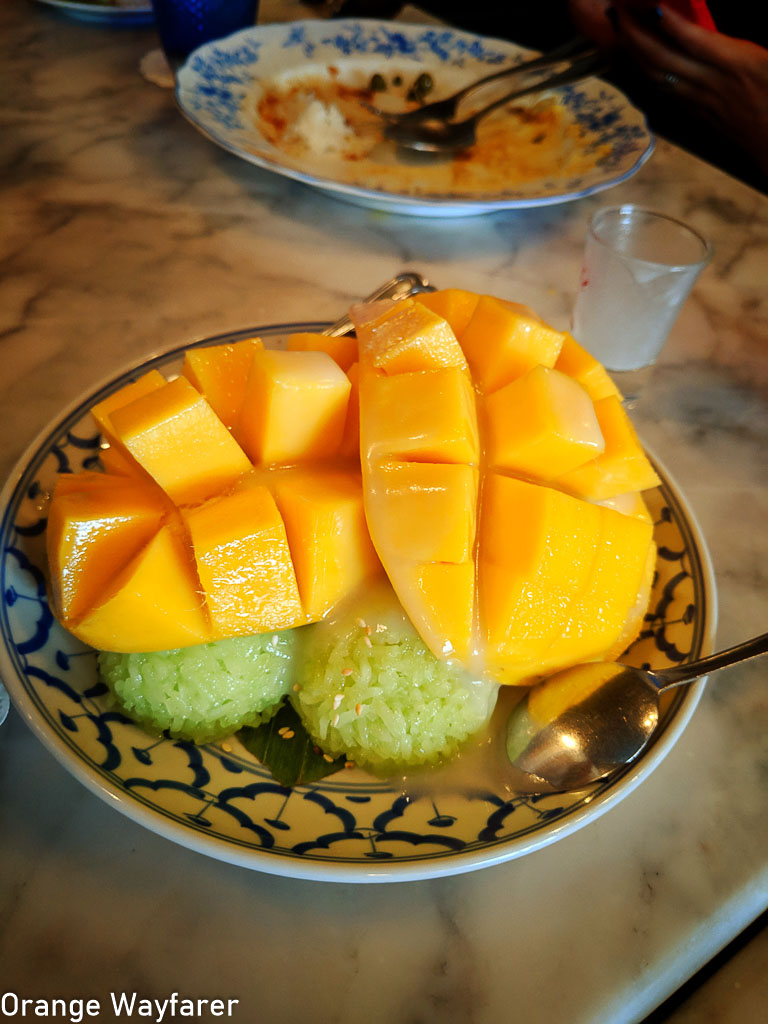
At the Old Town Phuket, I stopped at Tu Kab Khao. An erstwhile Sino-Portuguese mansion turned into an elegant dining hall, Tu Kab Khao serves heirloom recipes. The slow-cooked pork rib is a best seller, so is the side of crab meat curry. The meal I enjoyed the most was mango with sticky rice!
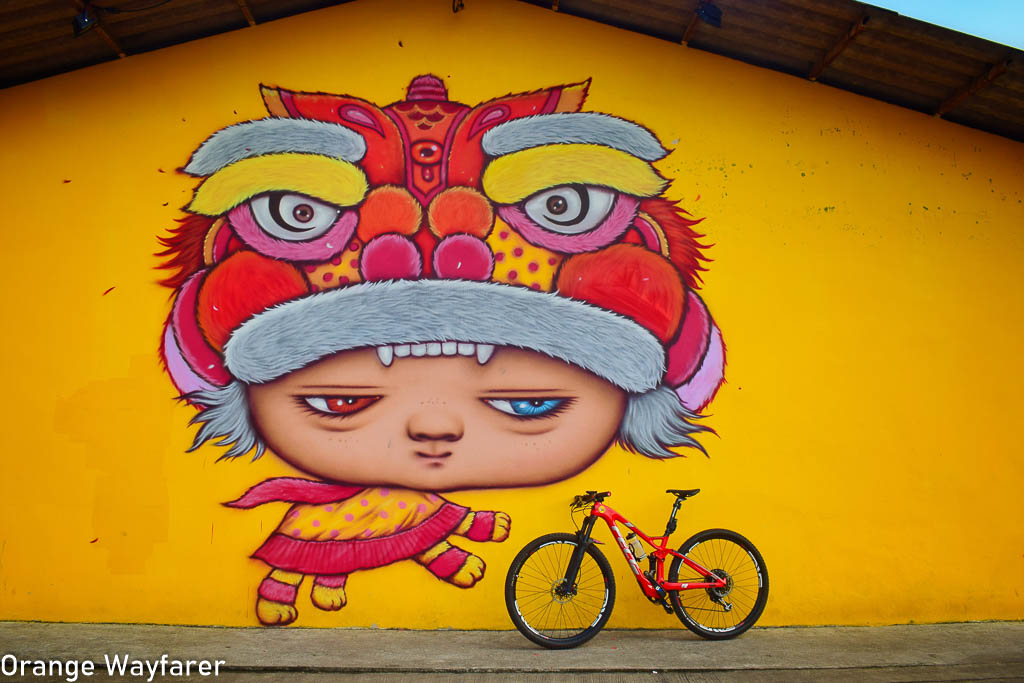
Phang Nga bay awaits a travel enthusiast with a plethora of surprises. Longtail boats whisk past many fishing villages and limestone karsts into the deep of the sea, in search of Mu Ko Similan National Park and Surin Island. Further away from civilization also equates to lesser footsteps! Learning a bit of Thai ensures you follow the footsteps of local fishermen. One such incident led me to the Natai beach, where not a soul was present on the entire stretch! The sunset canvas and its myriad colours were reserved only for me! My heart longs to go back to one of those nameless Thai beaches, to tell the address for which I have to look up latitude and longitude. I entrust Universe to play cupid to my everlasting love story with the land of smiles, as the country reopens tourism.
I will end this travel blog with a few more pictures from around Phang Nga Bay!
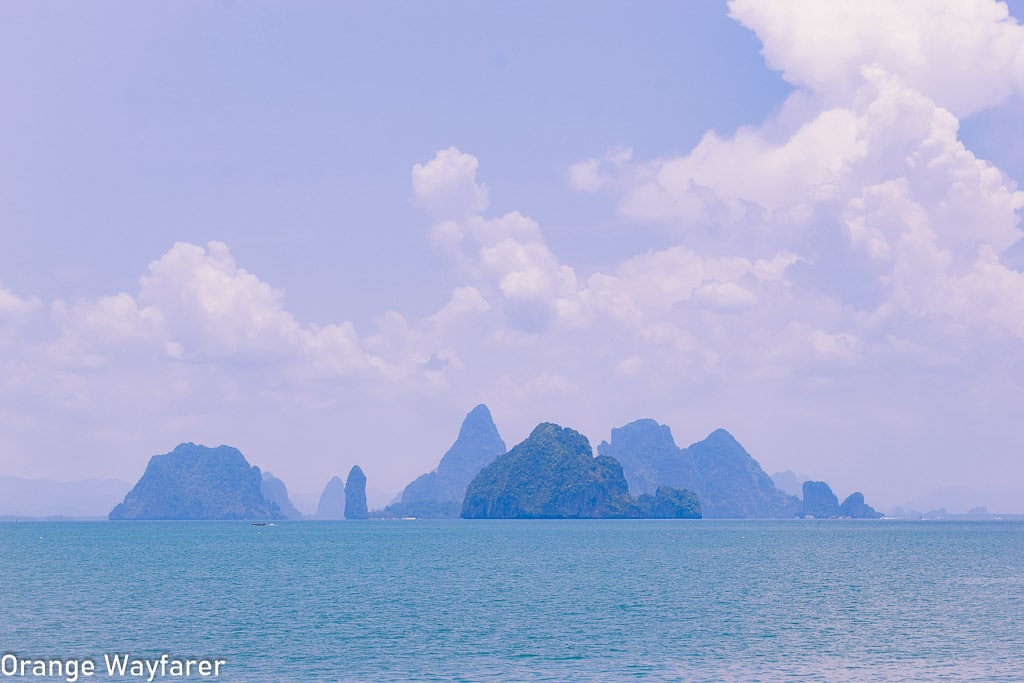
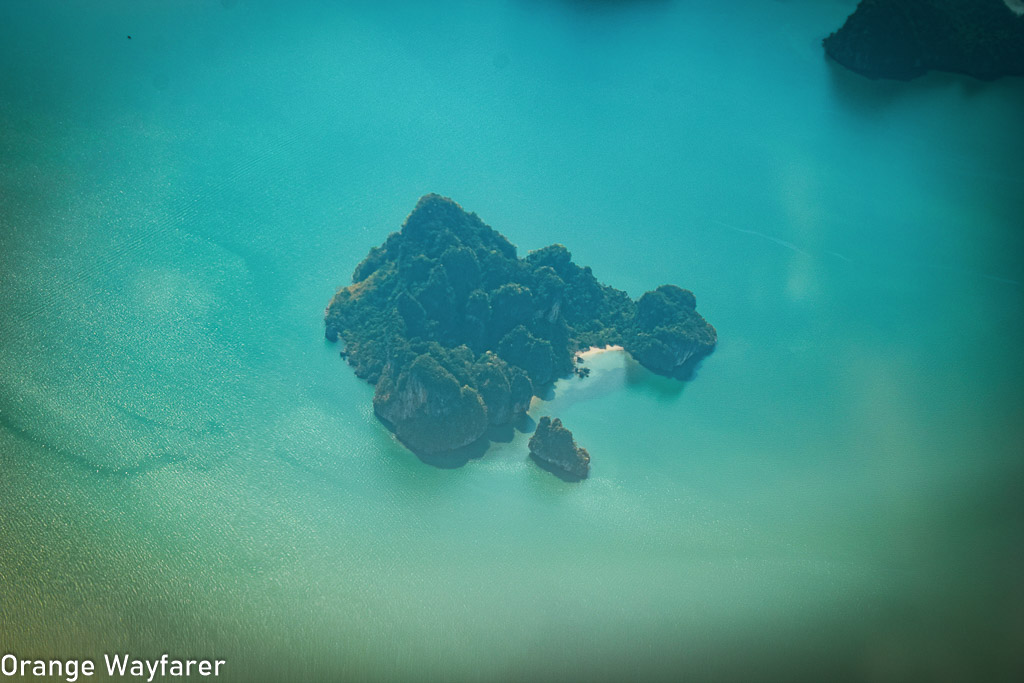
Touchdown Phuket. The descent at the Phuket International Airport ensures one of the best views of the world!
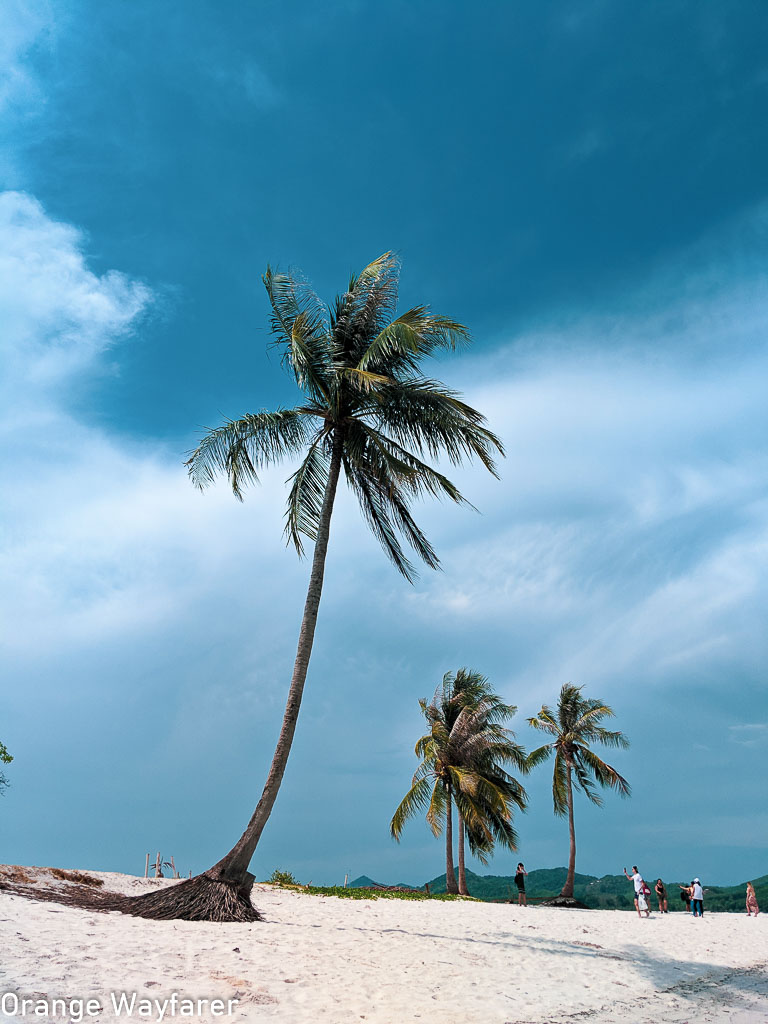
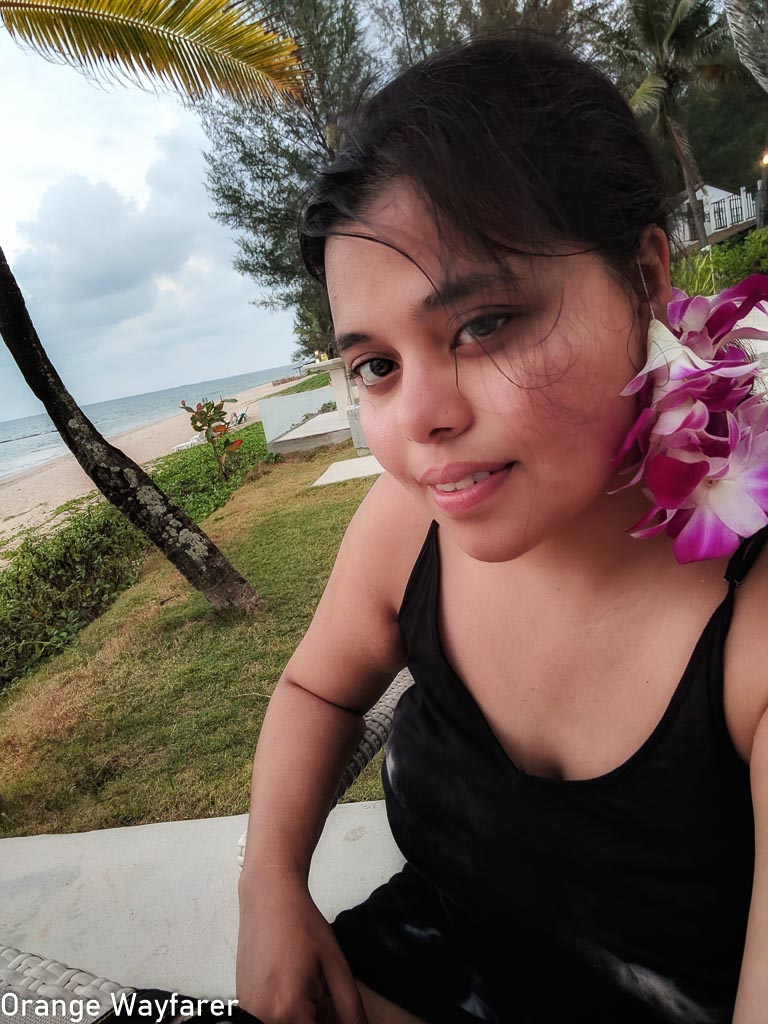
When nature decks you u in abundance!
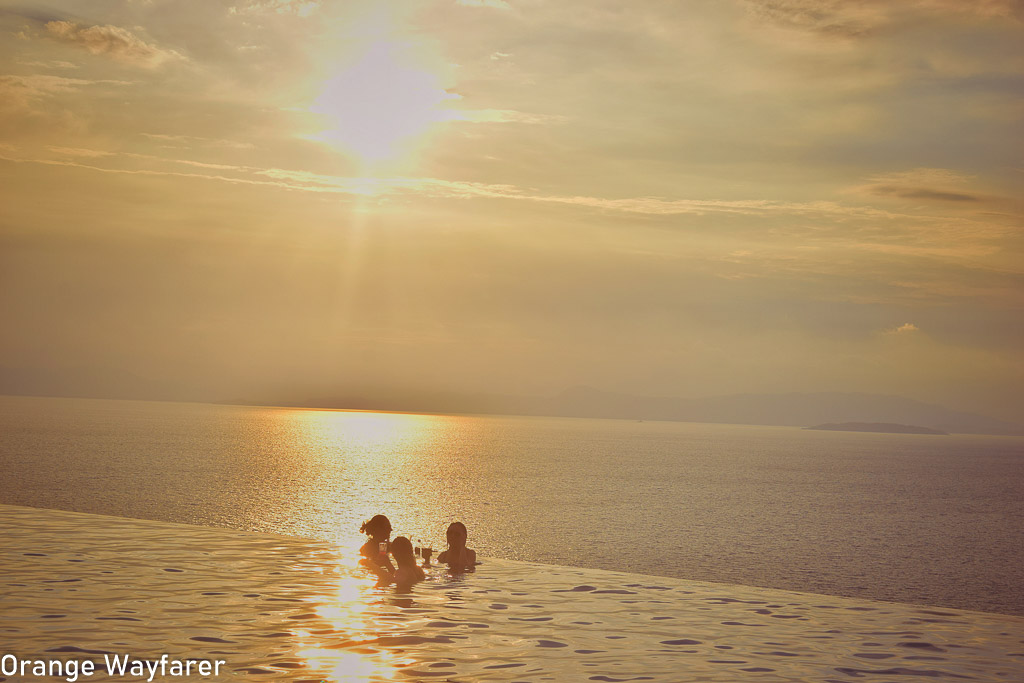
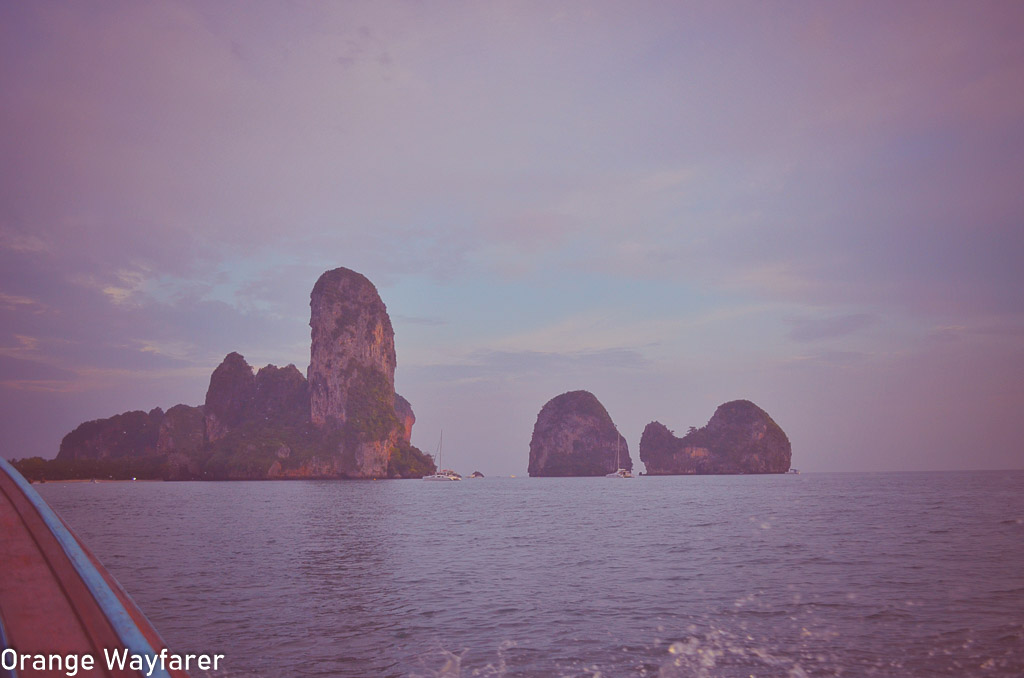
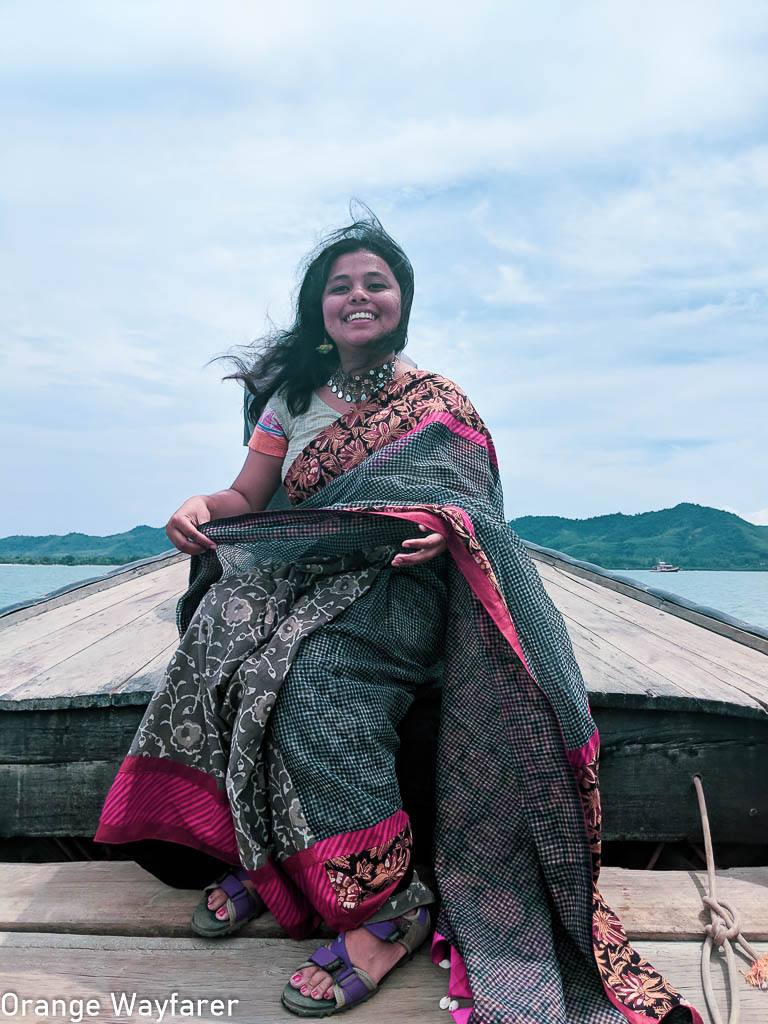
This post is an ode to Phang Nga Bay and I wrote this as my entry for the #BlogYourThailand contest announced by #TATIndia and #TATNewDelhi. As #AmazingThailand reopens, I long to revisit with my friends and family and #ResetInThailand in the post-pandemic world!
Pin it for later!
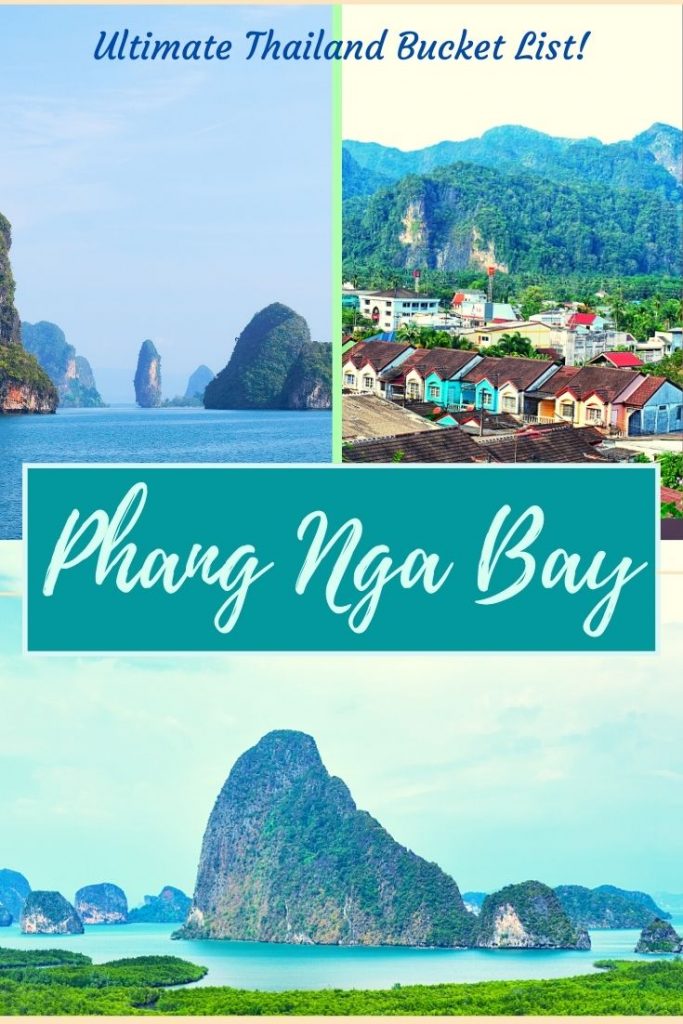
Let’s stay connected on Youtube, Facebook, Instagram, Twitter!
This post may contain affiliate links. Please read the disclosure post. If you have liked the article, you may support it by buying using these links without any extra cost to you
Your guide to Phang Nga Bay, Thailand is fantastic! ???? The vivid descriptions and practical tips make it easy for anyone to plan a memorable trip. The kayaking through the limestone caves sounds like such a unique and thrilling experience! ????
I’m curious, do you have any favorite local eateries or dishes that you tried in the area? ???? Also, did you come across any off-the-beaten-path spots that you’d recommend for an adventurous traveler?
Keep up the great work and happy travels! ✨